End of US Empire Report
US NATIONAL SECURITY DEEP STATE PRESIDENTS: The American Autopsy Report: U.S. National Security State Imperialism Interference and Exploitation
“Terrorism” is generally used by US and western elites as a propaganda term used to divert attention away from the real state terrorist regime, the US national security state (USNSS).
US NATIONAL SECURITY DEEP STATE PRESIDENTS
Control over production, distribution of wealth or resources. This type of power uses incentives such as the PROFIT motive to incite decision-making or to motivate one to act through exchanging money or things of value.
Political Economic Power: Economic or Exchange power:
WHAT IS THE EXCHANGE VALUE OF YOUR LIFE?
AND WHO DECIDES?
WHO PROFITS FROM YOUR LABORS AND WHO PROFITS FROM YOUR DEATH?
Acting with impunity
The West has much to answer for: using Ukraine as a proxy to defeat Russia, aiding and abetting Israel’s many acts of aggression and genocidal war against the Palestinians, and finally taking part in an unprovoked war on Iran. What do all these transgressions have in common? A sense of legal impunity. The West is literally destroying the international s…
Israeli Foreign Policy
Israeli Foreign Policy: South Africa & Central America.
Jane Hunter
274 pages, Hardcover
First published January 1, 1987
While the continuing conflict in the Middle East keeps Israeli regional policies on the front pages, much less is known about Israel’s relations withother parts of the world.
In this book, Jane Hunter critically examines Israeli foreign policy in areas of special concern to Americans: relations with South Africa, Central America, and politics around nuclear proliferation [Western assisted Israeli nuclear weapons development].
Reveals the political, military and economic links between Israel and 1980s apartheid state of South Africa, book demonstrates how Israel’s role counters the isolation of Apartheid South Africa and undercuts sanctions imposed by US national security state under the Reagan regime.
Israel’s aid to the repressive regimes of Guatemala and El Salvador, as well as Israel’s aid to the rightwing contra terrorist death squad’s participation in the arms-for-Iran scandal.
Book concludes with analysis of how the US use of Israel’s Lobby as a proxy to do our government’s “dirty work” directly opposes our attempts to affect a progressive foreign policy against apartheid.
Important book. Please note the publication date: 1987
1987 is when under the Reagan Administration’s massive bloody onslaught in Central American helped to expand and support the influential rise of AIPAC, aka, The Israel Lobby.
Starting with the cold war US national security state terror regime’s rise 1945, up to the 1980’s saw the integration of Zionist Israel’s military industrial complex as a ‘cutout’ proxy regime to do “the dirty work” for all US Democratic and Republican administrations and their US military industrial complex, especially through the Reagan 1980s and beyond which helped.
Zionist Apartheid Israel has and still does serve as a proxy national security state Mideast regime under US and collective national security state interests.
This has nothing to do with promoting Global South “democracy”, but more to do with straight geopolitical neo-colonial interests.
The Rise of the cold war US National Security State Empire.
World Map of US and UK Government Interventions Since 1945
Comparing US Imperial Maps
The Middle East is part of the GAP and is being systematically depopulated and destroyed precisely for reasons of wealth exploitation, as Ayatollah Khamenei's recent speech defines. But the impact of that action upon the CORE was not mentioned by the Ayatollah and needs to be highlighted.
US Interventions
Maps of US National Security State Empire
Even today the US Pentagon strategists use actively use and cite the following conventional strategic map depicting US strategic command regions of the world. Note how little has changed since the days of empires:
US EMPIRE’S WORLD WITH COMMANDERS AREAS OF RESPONSIBILITY
Map of Global US Military Bases (October 30, 2008)Links to an external site.Map of Global US Military Bases (October 30, 2008) This map shows the location of US military bases scattered around the world in 2007. The US has over 190,000 troops and 115,000 civilian employees dispatched in 909 military facilities in 46 countries. The military owns or rents 795,000 acres of land, and 26,000 buildings valued at USD 46 billion.
William Blum
Killing Hope
U.S. Military and CIA Interventions Since World War II
2004, 471 pages Published by Common Courage Press
ISBN: 9781567512526
Is the United States a force for democracy? In this classic and unique volume that answers this question, William Blum serves up a forensic overview of U.S. foreign policy spanning sixty years. For those who want the details on our most famous actions (Chile, Cuba, Vietnam, to name a few), and for those who want to learn about our lesser-known efforts (France, China, Bolivia, Brazil, for example), this book provides a window on what our foreign policy goals really are.
If you flip over the rock of American foreign policy of the past century, this is what crawls out… invasions … bombings … overthrowing governments … occupations … suppressing movements for social change … assassinating political leaders … perverting elections … manipulating labor unions … manufacturing “news” … death squads … torture … biological warfare … depleted uranium … drug trafficking … mercenaries …
It’s not a pretty picture. It’s enough to give imperialism a bad name.
Read the full details in: Killing Hope: US Military and CIA Interventions Since World War II.
“Far and away the best book on the topic.” – Noam Chomsky
“I enjoyed it immensely.” – Gore Vidal
“I bought several more copies to circulate to friends with the hope of shedding new light and understanding on their political outlooks.” – Oliver Stone
“A very valuable book. The research and organization are extremely impressive.” – A. J. Langguth, author, former New York Times Bureau Chief
“A very useful piece of work, daunting in scope, important.” –Thomas Powers, author, Pulitzer Prize-winning journalist
“Each chapter I read made me more and more angry.” – Dr. Helen Caldicott, international leader of the anti-nuclear and environmental movements
See a map based on the interventions chronicled in this book.
Table of Contents
Chapter 1: China - 1945 to 1960s: Was Mao Tse-tung just paranoid?
Chapter 2: Italy - 1947-1948: Free elections, Hollywood style
Chapter 3: Greece - 1947 to early 1950s: From cradle of democracy to client state
Chapter 4: The Philippines - 1940s and 1950s: America’s oldest colony
Chapter 5: Korea - 1945-1953: Was it all that it appeared to be?
Chapter 6: Albania - 1949-1953: The proper English spy
Chapter 7: Eastern Europe - 1948-1956: Operation Splinter Factor
Chapter 8: Germany - 1950s: Everything from juvenile delinquency to terrorism
Chapter 9: Iran - 1953: Making it safe for the King of Kings
Chapter 10: Guatemala - 1953-1954: While the world watched
Chapter 11: Costa Rica - Mid-1950s: Trying to topple an ally - Part 1
Chapter 12: Syria - 1956-1957: Purchasing a new government
Chapter 13: Middle East - 1957-1958: The Eisenhower Doctrine claims another backyard for America
Chapter 15: Western Europe - 1950s and 1960s: Fronts within fronts within fronts
Chapter 16: British Guiana - 1953-1964: The CIA’s international labor mafia
Chapter 17: Soviet Union - Late 1940s to 1960s: From spy planes to book publishing
Chapter 18: Italy - 1950s to 1970s: Supporting the Cardinal’s orphans and techno-fascism
Chapter 19: Vietnam - 1950-1973: The Hearts and Minds Circus
Chapter 20: Cambodia - 1955-1973: Prince Sihanouk walks the high-wire of neutralism
Chapter 21: Laos - 1957-1973: L’Armée Clandestine
Chapter 22: Haiti - 1959-1963: The Marines land, again
Chapter 23: Guatemala - 1960: One good coup deserves another
Chapter 24: France/Algeria - 1960s: L’état, c’est la CIA
Chapter 25: Ecuador - 1960-1963: A text book of dirty tricks
Chapter 26: The Congo - 1960-1964: The assassination of Patrice Lumumba
Chapter 27: Brazil - 1961-1964: Introducing the marvelous new world of death squads
Chapter 28: Peru - 1960-1965: Fort Bragg moves to the jungle
Chapter 29: Dominican Republic - 1960-1966: Saving democracy from communism by getting rid of democracy
Chapter 30: Cuba - 1959 to 1980s: The unforgivable revolution
Chapter 31: Indonesia - 1965: Liquidating President Sukarno ..: and 500,000 others; East Timor - 1975: And 200,000 more
Chapter 32: Ghana - 1966: Kwame Nkrumah steps out of line
Chapter 33: Uruguay - 1964-1970: Torture—as American as apple pie
Chapter 34: Chile - 1964-1973: A hammer and sickle stamped on your child’s forehead
Chapter 35: Greece - 1964-1974: “Fuck your Parliament and your Constitution,” said the President of the United States
Chapter 36: Bolivia - 1964-1975: Tracking down Che Guevara in the land of coup d’etat
Chapter 37: Guatemala - 1962 to 1980s: A less publicized “final solution”
Chapter 38: Costa Rica - 1970-1971: Trying to topple an ally—Part 2
Chapter 39: Iraq - 1972-1975: Covert action should not be confused with missionary work
Chapter 40: Australia - 1973-1975: Another free election bites the dust
Chapter 41: Angola - 1975 to 1980s: The Great Powers Poker Game
Chapter 42: Zaire - 1975-1978: Mobutu and the CIA, a marriage made in heaven
Chapter 43: Jamaica - 1976-1980: Kissinger’s ultimatum
Chapter 44: Seychelles - 1979-1981: Yet another area of great strategic importance
Chapter 45: Grenada - 1979-1984: Lying—one of the few growth industries in Washington
Chapter 46: Morocco - 1983: A video nasty
Chapter 47: Suriname - 1982-1984: Once again, the Cuban bogeyman
Chapter 48: Libya - 1981-1989: Ronald Reagan meets his match
Chapter 49: Nicaragua - 1981-1990: Destabilization in slow motion
Chapter 50: Panama - 1969-1991: Double-crossing our drug supplier
Chapter 51: Bulgaria 1990/Albania 1991: Teaching communists what democracy is all about
Chapter 54: El Salvador - 1980-1994: Human rights, Washington style
Chapter 55: Haiti - 1986-1994: Who will rid me of this turbulent priest?
Chapter 56: The American Empire - 1992 to present
Notes
Appendix I: This is How the Money Goes Round
Appendix II: Instances of Use of United States Armed Forces Abroad, 1798-1945
Appendix III: U.S. Government Assassination Plots
Index
Related ebooks, learn truth of US National Security State Empire, aka, Reagan’s Evil Empire when he was looking in his mirror….
Killing Hope page U.S. Military and CIA Interventions since World War II William Blum
US National Security State - Supreme Terrorist State
US launched 251 military interventions since 1991, and 469 since 1798 - Geopolitical Economy Report
The United States launched at least 251 military interventions between 1991 and 2022.
This is according to a report by the Congressional Research Service, a US government institution that compiles information on behalf of Congress.
The report documented another 218 US military interventions from 1798 to 1990.
That makes for a total of 469 US military interventions since 1798 that have been acknowledged by the Congress.
This data was published on March 8, 2022 by the Congressional Research Service (CRS), in a document titled “Instances of Use of United States Armed Forces Abroad, 1798-2022.”
The list of countries targeted by the US military includes the vast majority of the nations on Earth, including almost every single country in Latin America and the Caribbean and most of the African continent.
From the beginning of 1991 to the beginning of 2004, the US military launched 100 interventions, according to CRS.
That number grew to 200 military interventions between 1991 and 2018.
The report shows that, since the end of the first cold war in 1991, at the moment of US unipolar hegemony, the number of Washington’s military interventions abroad substantially increased.
Of the total 469 documented foreign military interventions, the Congressional Research Service noted that the US government only formally declared war 11 times, in just five separate wars.
The data exclude the independence war between US settlers and the British empire, any military deployments from 1776 to 1798, and the US Civil War.
It is important to stress that all of these numbers are conservative estimates, because they do not include US special operations, covert actions, or domestic deployments.
The CRS report clarified:
The list does not include covert actions or numerous occurrences in which U.S. forces have been stationed abroad since World War II in occupation forces or for participation in mutual security organizations, base agreements, or routine military assistance or training operations.
The report likewise excludes the deployment of the US military forces against Indigenous peoples, when they were systematically ethnically cleansed in the violent process of westward settler-colonial expansion.
CRS acknowledged that it left out the “continual use of U.S. military units in the exploration, settlement, and pacification of the western part of the United States.”
Credit: Military Intervention Project at Tufts University
The Military Intervention Project at Tufts University’s Center for Strategic Studies has documented even more foreign meddling.
“The US has undertaken over 500 international military interventions since 1776, with nearly 60% undertaken between 1950 and 2017,” the project wrote. “What’s more, over one-third of these missions occurred after 1999.”
The Military Intervention Project added: “With the end of the Cold War era, we would expect the US to decrease its military interventions abroad, assuming lower threats and interests at stake. But these patterns reveal the opposite – the US has increased its military involvements abroad.”
Credit: Military Intervention Project at Tufts University
US launched 251 military interventions since 1991, and 469 since 1798 - Geopolitical Economy Report
21 Jul, 2025 17:48 Russia Today
The age of American nuclear privilege is over
The question of nuclear proliferation is no longer hypothetical. It is happening. The only uncertainty now is how quickly it will proceed. In the not-too-distant future, we may see 15 nuclear powers instead of today’s nine. Yet there is little reason to believe this development will fundamentally upend international politics, or bring about global catastrophe.
The invention of nuclear weapons was a technological breakthrough that reshaped global affairs. More than anything else, nuclear weapons define the military hierarchy of states, creating a threat that no government can ignore.
Perhaps their most profound consequence is the emergence of states that are essentially immune to external aggression. This was never true in the long history of war. No matter how powerful a state was, a coalition of rivals could always defeat it. The great empires were vulnerable to invasion. The Enlightenment-era monarchies – including Russia – depended on a balance of power system where no single nation could dominate the rest.
But with nuclear weapons, that balance shifted. Two countries – Russia and the US – now possess such overwhelming destructive capability that neither can be seriously threatened, let alone defeated, even by a coalition. China, too, is gradually joining this exclusive tier, though its arsenal is still a fraction of Moscow’s or Washington’s.
In this sense, nuclear weapons have brought a strange kind of peace: Not from trust, but from terror. War between nuclear superpowers is not only unthinkable, it is politically irrational.
Becoming a nuclear superpower, however, is extremely expensive. Even China, with its vast resources, has only recently begun to approach the scale of Russian and American stockpiles. Few others can afford the same path.
Fortunately, most countries don’t need to. Major regional powers like India, Pakistan, Brazil, Iran, Japan, and even smaller ones like Israel, do not seek military invincibility on a global scale. Their nuclear ambitions, where they exist, are regional in nature – aimed at deterring neighbors, not conquering continents. Their limited arsenals do not upset the global balance of power.
Nor do they need to. For decades, serious scholars – Western theorists as well as Russian strategists – have argued that limited nuclear proliferation may actually enhance international stability. The reasoning is simple: Nuclear weapons raise the cost of war. Nations become far more cautious when the price of aggression could be national annihilation.
We’ve seen this play out already. North Korea, with a modest nuclear arsenal, feels emboldened in its dealings with Washington. Iran, by contrast, delayed too long and was attacked by Israel and the US in June 2025. The lesson was clear: In today’s world, non-nuclear states are far more vulnerable to attack.
This has exposed the weakness of the current non-proliferation regime. Countries like India, Pakistan, Israel, and North Korea have all violated it, yet none have been meaningfully punished. Iran tried to comply and paid the price. It’s no wonder others are watching and drawing their own conclusions.
Japan, South Korea, Taiwan – each may be tempted to pursue nuclear weapons, either independently or with quiet American support. Washington has already shown it cares little about the long-term consequences for its East Asian allies. It is willing to provoke instability if it helps contain China.
In this context, a wave of new nuclear powers is not just likely – it is practically inevitable. But it will not mean the end of the world.
Why? Because even with more nuclear states, the true balance of power remains intact. No emerging nuclear country will soon reach the scale of Russia and the US. Most will build modest deterrents, enough to shield themselves from invasion but not to threaten global security. Their arsenals may be enough to inflict horrific damage on a rival – but not to destroy humanity.
A regional war – between India and Pakistan, Iran and Israel, or others – would be a tragedy. Millions could die. But the catastrophe would be geographically limited. These are not world-ending scenarios. And in cases such as these, the nuclear superpowers – Russia and the US – would likely act to impose peace before escalation spirals out of control.
Of course, this is hardly a utopia. But it is also not the apocalypse Western hawks love to predict. In fact, compared to the real nightmare – a direct nuclear conflict between Russia and the US – this multipolar nuclear world may be the lesser evil.
Proliferation may be regrettable. It may complicate diplomacy. But it is not madness. It is a rational response by sovereign states to a system where only nuclear-armed nations can truly secure their interests. The monopoly of power enjoyed by a handful of countries is eroding. That is not a failure of the system – it is the logical outcome of it.
The strategic architecture of the post-war world has long rested on a fiction – that non-proliferation is universal, and that the West can police it indefinitely. This fiction is now collapsing. Countries are learning that treaties mean little without enforcement – and that security cannot be outsourced.
In the long run, this will require a new approach. A world with 15 nuclear powers may not be ideal, but it is manageable – especially if the dominant players act with restraint and responsibility. Russia, as one of the original nuclear powers, understands this burden well. It will not be Moscow that upends this balance.
But the West, driven by arrogance and short-term calculations, may yet provoke a crisis it cannot control. Washington’s recklessness in East Asia, its casual indifference to the risks it imposes on allies, and its determination to maintain strategic dominance at all costs – that is the real danger.
We are entering a new nuclear age. It will be more crowded, more complex, and more fragile. But it will not be ungovernable – so long as those with real power behave as custodians, not crusaders.
The ideology behind the ‘New America’ is more dangerous than it looks
The superhumans are coming – and so is the danger
By Artyom Lukin, an associate professor of international relations at Far Eastern Federal University in Vladivostok, Russia
20 Jul, 2025 07:11 Russia Today
The ideology behind the ‘New America’ is more dangerous than it looks
For the past 500 years, the West has reigned as the world’s dominant civilization. Though its grip has loosened in recent years, the West – especially the United States – remains the most powerful force in global politics and the international economy. This power, while capable of building plenty, also carries the potential to destroy a lot.
Today, a new ideology is taking shape in the West, particularly in the US. Under the right conditions, it could prove as dangerous to humanity as fascism and Nazism were in the last century. The reelection of Donald Trump may mark a decisive turning point, transferring power to people and ideas that are, at best, deeply ambiguous.
This ‘New America’ is not driven by a single worldview, but rather by a convergence of four ideological factions.
The imperial restorationists
At the center stands Trump himself and his allies – throwbacks to the era of great-power imperialism. Trump’s inaugural speech to launch his second term left little doubt: He called for territorial expansion, industrial growth, and a resurgent military. America, he declared, is “the greatest civilization in the history of mankind.” He spoke approvingly of President William McKinley and Theodore Roosevelt, both architects of American imperialism
.
The vision is unmistakable: American exceptionalism, enforced by military might and driven by the logic of conquest. It is the language of empire.
READ MORE: Donald Trump has suddenly remembered a long-forgotten president – and for good reason
The nationalist conservatives
Then there are the right-wing populists – figures like Vice President J.D. Vance, strategist Steve Bannon, and journalist Tucker Carlson. Their rallying cry is ‘America First’. They champion traditional values, claim to speak for the working class, and disdain the liberal elite concentrated in coastal cities.
They oppose globalism, support trade protectionism, and promote isolationism in foreign policy. This faction is not particularly new in American politics, but its influence has deepened, especially under Trump’s patronage.
The techno-libertarian billionaires
A newer – and perhaps more unsettling – element of America’s emerging ideology is represented by Silicon Valley billionaires. Elon Musk is the most visible figure, briefly heading Trump’s Department of Government Efficiency in early 2025. But the more influential actor may be Marc Andreessen, the venture capitalist and early internet pioneer who became an informal adviser to Trump.
Andreessen’s political turn followed his frustration with Biden-era regulations on crypto and artificial intelligence. In 2023, he published a manifesto called ‘The Techno-Optimist’, a document that preaches unrestrained technological acceleration. In his view, scientific innovation and free markets can solve all of humanity’s problems – if only government gets out of the way.
Andreessen quotes Nietzsche and invokes the image of the ‘apex predator’ – a new breed of technological superman who sits atop the food chain. He writes, “We are not victims, we are conquerors… the strongest predator at the top of the food chain.”
Such language might seem metaphorical, but it is revealing. Andreessen’s list of intellectual inspirations includes Filippo Marinetti, the Futurist who helped lay the aesthetic groundwork for Italian fascism and died fighting the Red Army at Stalingrad.
The philosopher-kingmaker
The most intellectually developed thinker of the techno-libertarian camp is Peter Thiel, co-founder of PayPal and the data surveillance firm Palantir Technologies. Thiel is no longer a marginal figure – he is now arguably the second most important ideologue of the New America, after Trump himself.
Thiel is also a master strategist. He personally mentored and funded Vance, now vice president and possibly Trump’s heir apparent. At the same time, he backed Blake Masters in Arizona, although that bet didn’t pay off. Thiel reads the Bible, quotes Carl Schmitt and Leo Strauss, and speaks openly about the limits of democracy. “Freedom is no longer compatible with democracy,” he has said.
He has compared modern America to Weimar Germany, arguing that liberalism is exhausted, and a new system must rise. Despite his libertarian leanings, Thiel’s companies develop AI tools for the Pentagon and fund next-generation weapons systems through firms like Anduril.
Thiel believes that America has entered a long decline – and that radical technological leaps are needed to reverse it. One of his pet projects is the ‘Enhanced Games’, a competition where doping and biohacking are allowed. Co-organized with Donald Trump Jr., the event reflects Thiel’s obsession with transhumanism and human enhancement.
In foreign policy, Thiel views China as America’s primary enemy. He has called it a “semi-fascist, semi-communist gerontocracy” and pushed for complete economic decoupling. Interestingly, Thiel is far less hostile to Russia, which he sees as culturally closer to the West. In his view, pushing Moscow into Beijing’s arms is a strategic mistake.
The Dark Enlightenment
The final group behind the New America are the theorists of the ‘Dark Enlightenment’, or neo-reactionary movement. These intellectual provocateurs reject the Enlightenment values that once defined the West.
Nick Land, a British philosopher living in Shanghai, is among the founding thinkers of this school. He predicts the end of humanity as we know it and the rise of posthuman, techno-authoritarian systems governed by capital and machines. For Land, morality is irrelevant; what matters is efficiency, evolution, and raw power.
Curtis Yarvin (aka Mencius Moldbug), an American programmer, is another central figure. A friend of Thiel and an insider in Trump’s intellectual circle, Yarvin advocates replacing democracy with a corporate-style monarchy. He imagines a future of sovereign city-states run like companies, where experimentation with laws and technologies is unrestricted.
Yarvin is clear in his rejection of American global leadership. He believes the US should withdraw from Europe and let regional powers settle their own disputes. He speaks warmly of China, and his views on World War II are unorthodox to say the least – suggesting Hitler was motivated by strategic calculation rather than genocidal ambition.
What comes next?
Many of these ideas may seem fringe. But fringe ideas have power – especially when they echo through the corridors of political and technological influence. Carl Schmitt’s legal theories enabled Hitler to seize dictatorial powers in 1933. Today, the intellectual allies of Trump and Thiel are crafting their own narratives of ‘emergency’, ‘decadence’, and ‘reawakening’.
What’s emerging in America is not a retreat from hegemony, but a reformatting of it. The liberal international order is no longer seen as sacred – even by the country that built it. The new American elite may be withdrawing troops from Europe, the Middle East, and Korea, but their ambitions have not shrunk. They are turning instead to subtler methods of control: AI, cyber dominance, ideological warfare, and technological superiority.
Their goal is not a multipolar world, but a redesigned unipolar one – run not by diplomats and treaties, but by algorithms, monopolies, and machines.
The threat to the world is not just political anymore. It is civilizational. The superhumans are on the march.
This article was first published by Russia in Global Affairs, translated and edited by the RT team
24 Sep, 2022 10:05 Russia Today
https://swentr.site/news/563217-pentagon-psychological-operations-online/
US Psy-Ops exposed: Washington isn't concerned about morals, it's worried about getting caught
Pentagon orders urgent review of after its global scheme is compromised
A bombshell Washington Post investigation has revealed that the Pentagon is conducting a “sweeping audit of how it conducts clandestine information warfare,” after a variety of social media accounts, which its operatives used to target foreign audiences in elaborate psychological warfare efforts, were exposed.
The accounts violated platform rules and were eventually busted by researchers and the social networks they weaponized.
US defense policy advisor Colin Kahl is reported to have demanded that every Pentagon division engaged in “psychological operations online” provides a full account of their activities by October, due to high-level concerns that “attempted manipulation of audiences overseas” by the Department of Defense have significantly overstepped the mark.
Those fears were apparently stoked by the release of a landmark report in August by social media analytics firm Graphika, and the Stanford Internet Observatory, which found that over the past five years, hundreds of accounts disseminating pro-Western narratives - such as a recent propaganda blitz that “advanced anti-Russia narratives,” including criticism of the Kremlin’s “imperialist” war in Ukraine - were likely being run by the Pentagon’s Centcom unit.
Centcom is responsible for military operations of every sort across 21 countries in the Middle East, North Africa and Central and South Asia. According to Graphika’s report, among the accounts taken down was a fictional Persian-language news outlet that shared content reposted from US state-run propaganda platforms Voice of America Farsi and Radio Free Europe.
One account was found to have posted content claiming that relatives of deceased Afghan refugees had reported bodies of their loved ones being returned from Iran with missing organs. The obvious purpose of the exercise was to prevent Afghans fleeing to the neighboring country. Quite why isn’t clear, although a defense official told the Washington Post that such activity would “absolutely be a violation of doctrine and training practices.”
Strikingly, the newspaper also independently learned that in 2020, Facebook permanently banned fake accounts, created by Centcom to counter claims that COVID19 may have escaped from US biological weapons lab Fort Detrick. In other cases, the accounts even promoted information deemed by fact-checkers to be false.
Sometimes, the Pentagon went to the extent of using “deep fake” tech to create artificial personas, in the belief that “what appears to be, say, an Afghan woman or an Iranian student might be more persuasive than if they were openly pushed by the US government.”
The only problem is you got caught
The audit ordered by Kahl is sweeping and comprehensive. He wants to know “what types of operations have been carried out, who they’re targeting, what tools are being used and why military commanders have chosen those tactics, and how effective they have been.”
The Post without irony frames concerns about the Pentagon’s psychological warfare tactics as being related primarily to these efforts compromising Washington’s purported “moral high ground” globally, with a nameless diplomat quoted as saying:
“Generally speaking, we shouldn’t be employing the same kind of tactics that our adversaries are using…We are a society that is built on a certain set of values. We promote those values around the world and when we use tactics like those, it just undermines our argument about who we are.”
Residents of the Global South - including many of the countries that fall under Centcom’s purview - might bat an eyelid at talk of “values." Given how the US has operated in their countries through overt intervention and clandestine meddling for decades.
So, what actually accounts for the sudden surge of internal concern about the excesses of Pentagon psychological warfare operations? Clues are littered elsewhere in The Post’s report. For example, one peculiar passage notes that representatives of Facebook and Twitter directly contacted the Pentagon to warn them they’d been busted.
As far back as Summer 2020, David Agranovich, Facebook’s Director of Global Threat Disruption, who himself spent six years at the Pentagon then served as Director for Intelligence at the elite White House National Security Council, got in touch with his former coworkers to warn them that “if Facebook could sniff them out, so could US adversaries.”
“His point was, ‘Guys, you got caught. That’s a problem.’”
Clearly, senior staff at major social networks consider their platforms being weaponized for information warfare purposes to be thoroughly acceptable, as long as it’s US military and intelligence operatives doing it, and they don’t get “burned” in the process. On what other occasions Facebook, Twitter et al have provided American spies with helpful pointers on improving their opsec and concealing and conducting their nefarious activities more effectively, and how, is an open question.
Don’t tread on me
Even more revealingly, The Post also notes that legislation ratified by Congress in December 2019 unbridled the Pentagon to manage “clandestine psychological operations” which it was previously prohibited from engaging, leading highers to get “really excited” and “very eager to utilize these news authorities” as a result. Defense contractors were “equally eager to land lucrative classified contracts to enable clandestine influence operations.”
In the process, the US military’s cloak-and-dagger tactics may have crossed into “what the CIA has claimed as its covert authority,” which led Langley to become “perturbed”. While The Post doesn’t acknowledge it, this was undoubtedly the Pentagon’s undoing.
Spying agencies are notoriously protective of their respective beats. Squabbling between the CIA and NSA is a well-known, perpetual phenomenon, and friction, distrust, and disputes over which was in charge of what has been blamed for some of the intelligence failures that allegedly led to 9/11.
Another entity encroaching on its turf would note be tolerated by Langley - so it would be understandable if the CIA, which celebrated its 75th birthday on 18 September, felt it necessary to throw its new rival under the bus for its own purposes.
Graphika, which exposed the Pentagon’s online manipulation operations, is an extremely well-connected firm, having conducted high-level work for numerous government agencies. It would be easy for Langley to point its researchers in the right direction, or at least leave a trail of breadcrumbs for them to follow.
In December 1963, former US President Harry S. Truman, who created the Agency when he signed the National Security Act of 1947 into law, expressed grave concerns about what it had mutated into.
He’d originally envisaged an effective newswire service, providing the Oval Office with regular information to inform foreign policy decisions, but had quickly become “disturbed” that the “quiet intelligence arm of the President” had quickly “been diverted from its original assignment,” and grown into “an operational and at times a policy-making arm of the government.”
Noting that “this has led to trouble and may have compounded our difficulties in several explosive areas,” Truman urged for the CIA to be reined in, and returned to his original vision. His entreaties were ignored - today, the Agency is, in many ways, the true government of the US. And even the almighty Pentagon isn’t safe.
Rise of the Cold War US National Security Empire
U.S. Global Containment Strategies and the Post-World War II Globalization of Corporate Capital
Dawning of the Cold War and the Rise of U.S. Strategic and Economic Supremacy
and the Rise of the US National Security State (USNSS) Presidential Doctrines.
Truman/Churchill Cold War Anti-Communist Doctrine
U.S. Containment Policies were not only meant to "contain" the alleged Soviet threat of "world domination", which in reality was based on an exaggerated 'threat' conjured up by U.S. 'red scare' propaganda campaigns such as 'McCarthyism', but to contain the threat of national independence movements that threatened market access to U.S. multinational corporate interests in the Global South.
Did World War II Really Ever End?
Conventional WWII Histories have an Anglo-American Western-centric bias tending to downplay the reality that World War II was principally a war of western empires vying for the ultimate prize: The Conquest of Eurasia between Western Powers US, UK, Europe vs. Nazi Germany, Italy and Japanese fascist empires.
WESTERN COLD WAR HISTORIANS RE-WRITING HISTORY:
Cold War Ideological Bias of Western-Centric Histories of World War II
Creating a false Nazi / Soviet historical comparisons
Richard Overy, historian & author Soviet Communism v German Nazism discusses the conventional western cold war histories of World War II and why they are creating a false Nazi / Soviet historical comparison which formed the basis for western cold war histographies of World War II.
Truman Doctrine disavows the US/USSR Yalta agreements. World War III, aka, Cold War Starts.
Truman’s Yalta Betrayal of USSR begins after death of FDR
Truman’s Yalta Betrayal of USSR begins after death of FDR who negotiated with Stalin the post-war world order with the understanding that the US and USSR would take the lead through collaborative efforts in reconstructing a war-torn Europe and creating a United Nations system to replace the failed League of Nations.
Yet, western anti-communist elites including Truman and Churchill colluded to systematically disavow Yalta which would lead a confrontation with the USSR by enunciating and implementing Churchill’s “Iron Curtain Speech” which was to set the tone of future ideological cold warfare doctrines and resurrected Euro-Nazism/Fascism under the guise of US national security state alliances from NATO in Europe and throughout the rest of the post-war world.
Truman’s Yalta Betrayal of the US/USSR Alliance and Agreement leads to Cold War era
Roosevelt and Truman on Yalta: The Origins of the Cold War on JSTOR
Roosevelt and Truman on Yalta: The Origins of the Cold War on JSTOR
When Nazis and Fascists Become America’s “Anti-Commie Good Guys.”
Truman/Churchill Cold War Anti-Communist Doctrine and US national security state elites embrace defeated Nazis and Fascists in cooperative cold war anti-communist crusades.
Many of the newly decolonized nations of the Global South fought national liberation struggles formed by local guerrilla communist movements and independence movements seeking to be free from historical colonial domination and capitalist market controls. [See also Confessions of an Economic Hit Man ]. The cold war era was predominantly fought over the the Global South with the USNSS and its strategic alliances NATO, SEATO, CENTO and OAS as regional proxy allies mostly rightwing civilian or military regimes meant to suppress internal opposition especially from 'Wars of National Liberation and Decolonization’ movements in the Global South that threatened US access to strategic resources and markets.
The creation of the so-called global "communist conspiracy" or "falling domino theory" which stated that if Global South states were allowed to go down a unilateral path of free elections and independence then U.S. and western control of these states would be threatened. So, the early cold war "containment policy" outlined in various U.S. secret planning documents, principally National Security Council Memorandum 68, NSC 68, established a strategy for the expansion of the American military industrial complex which would keep America on a "permanent war footing" after World War II and provide an arms trade market for U.S. defense corporations. The strategy was to keep the U.S. capitalist market system from going into a post-war depression.
[See terms: ARMS TRADE; MILITARY INDUSTRIAL COMPLEX. References: Creating the “Red Scare” was a major propaganda strategy: see Frank Kofsky, Harry S. Truman and the War Scare of 1948: A Successful Campaign to Deceive the Nation; also See PHW Part 7, chapter 9 'The Cold War'; also read Untold History of the United States chapters 5, 9]
Another major secret strategic plan was Policy Planning Study 23, PPS 23 by the head of the 1948 State Department's planning staff, George Kennan wherein he wrote:
[W]e have about 50% of the world's wealth, but only 6.3% of its population....In this situation, we cannot fail to be the object of envy and resentment. Our real task in the coming period is to devise a pattern of relationships which will permit us to maintain this position of disparity....To do so, we will have to dispense with all sentimentality and day-dreaming; and our attention will have to be concentrated everywhere on our immediate national objectives. We should cease to talk about vague and unreal objectives such as human rights, the raising of the living standards, and democratization. The day is not far off when we are going to have to deal in straight power concepts. The less we are than hampered by idealistic slogans, the better.
Kennan's strategic vision was meant to provide a rationale for aggressively expanding U.S. empire into the Global South. His planning document was kept secret from the American public because if disclosed would have revealed the true nature of presidential policies: the use of U.S. military power to support multinational corporate expansion into foreign markets. Instead, U.S. Presidents touted 'democratization' as mere sloganeering in their cold war propaganda statements in order to manipulate American public opinion and garner public support for dramatically increasing defense spending and expanding the new evolving national security state. [See herein related reports
John Stockwell on CIA Secret Wars in the Global South
THE SECRET WARS OF THE CIA, Lecture
As a Marine, Major Stockwell was CIA paramilitary intelligence case officer in the Congo Crisis, Vietnam & the Angolan War of Independence. Beginning a career in '64, he spent six years in Africa, Chief of Base in the Katanga during the Bob Denard invasion in '68, then Chief of Station in Bujumbura, Burundi in '70, before being transferred to oversee Vietnamese Tay Ninh province intelligence operations. He was awarded a CIA Medal of Merit for keeping his post open until Saigon's '75 fall.
In December of 1976, Stockwell resigned from the CIA, opposed to the methods & results of CIA paramilitary operations in the Third World & testified before Congressional committees. Two years later, he wrote the exposé '
and Confessions of an Economic Hit Man.
According to Prof. Chomsky’s analysis of early cold war planning,
PPS 23 was, of course, a top-secret document. To pacify the public, it was necessary to trumpet the idealistic slogans (as is still being done constantly), but here planners were talking to one another.
Along the same lines, in a briefing for US ambassadors to Latin American countries in 1950, Kennan observed that a major concern of US foreign policy must be the protection of our [i.e. Latin Americas] raw materials. We must therefore combat a dangerous heresy which, US intelligence reported, was spreading through Latin America: the idea that the government has direct responsibility for the welfare of the people.
US planners call that idea Communism, whatever the actual political views of the people advocating it. They can be Church-based self-help groups or whatever, but if they support this heresy, they’re Communists.
This point is also made clear in the public record. For example, a high-level study group in 1955 stated that the essential threat of the Communist powers (the real meaning of the term Communism in practice) is their refusal to fulfill their service role that is to complement the industrial economies of the West.
[pp. 9-10, What Uncle Sam Really Wants, Noam Chomsky, 1986 1992]According to James Petras, Globalization Unmasked, chapter 4:
From the 1930s to the mid-1970s, U.S. imperialism in Latin America was constantly challenged by nationalist, populist and democratic socialist regimes and movements. Generally, these challenges were reformist rather than revolutionary, in that they called into question elements of the imperialist project but not the whole system.
In the 1930s and 1940s, President Cardenas of Mexico nationalized U.S. petroleum interests, while Vargas in Brazil, Person in Argentina and the Popular Front in Chile Promoted national industry under protective trade barriers, initiating a widespread movement towards the nationalization of strategic industries in the region. In the 1950s, Guatemala’s president Arbenz expropriated United Fruit land and redistribute it among the peasants, provoking a CIA-led coup against his administration a radical-nationalist revolution in Cuba that challenged imperial hegemony in the region. The 1960s and early 1970s saw the emergence of populist, nationalist and democratic regimes and movements through the continent. This long half century of social and political advance led to significant social and economic legislation that legalized trade unions, provided basic social benefits and extended public education and health are to substantial sectors of the industrial working class, public employees, and a in a few cases (Chile, 1970-73) the peasantry.
US/UK Imperialism
What’s Democracy Got to Do with It?!
Past is Prologue…
I remember El Salvador, too, & Yankee mass slaughter there… yes, I’m THAT OLD TO REMEMBER MANY THINGS OF HORROR OF US EMPIRE…
US / UK Global Invasions, Interventions and Wars Against the World
Ernesto Che Guevara - 1965_ ¡Nunca confíes en el imperialismo!
Ερνέστο Τσε Γκεβάρα - 1965_ Μην εμπιστεύεσαι ποτέ τον ιμπεριαλισμό!
Ernesto Che Guevara - 1965_ Never trust imperialism!
Эрнесто Че Гевара, 1965 год. Никогда не доверяйте империализму!
They may kill the Revolutionary, but they will never kill the Revolution."
They may kill the Revolutionary, but they will never kill the Revolution."
US / UK Global Invasions, Interventions and Wars Against the World
Originally, the categories of First, Second and Third Worlds were used by the US and its allies during its cold wars against the Global South to designate the following:
First World aka "The North" or "The West" A term now rarely used that refers to the group of nation-states that possess advanced industrial economies. World system "core states"
" The North" or "The West", or "'First World' Economies" or "Economically Developed Countries" [EDCs] or "Industrialized 'Democracies'" These are generally "western" industrialized capitalist nations of the world (North America, Western Europe UK, France, Germany, EU members, Japan, New Zealand) that represent so-called "developed economies."
Second World Formerly communist industrial societies of Eastern Europe and the Soviet Union. World systems semi-periphery states
The Second World [Transitional Developing Countries "TDCs"] The term "Second World" or "Transitional Developing Economies" is a phrase that was used to describe the former soviet or "communist" states within the Soviet Union's sphere of influence (Russia/CIS/ Eastern Europe) or those countries that had centrally planned economies in Eastern Europe.
"The South", or Third & Fourth Worlds [Less Developing Countries "LDCs"] These are economies, such as some in South Asia, Latin America, and Africa, Sub-Saharan Africa, vary depending on level of national income (GNP). also see 3rd World Traveler on history of corporate power; Third World; Definitions and Descriptions.
Third World & Fourth World Societies in which industrial production is only developed to a limited degree. Many of these societies were former colonies of industrial states. The majority of the world's population (over 70 percent) live in these economic regions consisting of areas of in Asia, Africa, Middle East and Latin America. World systems peripheral states.
also see 3rd World Traveler on history of corporate power; Third World; Definitions and Descriptions.
Using the 'First, Second, Third or Fourth Worlds' categorization assumes another hierarchy and the false conception of 'worlds' as a division of humanity when in fact some scholars see one humanity divided up conceptually or ideologically. These categories were developed principally by 'western,' specifically, US political scientists and analysts during the cold war era to distinguish the growing number of post-colonial national liberation movements in Latin America, Africa and Asia that were forming new independent sovereign states under the rise of eastern nationalisms and were designated at different levels of economic development as 'poor emerging economies' and labeled 'Third or Fourth World' states or regions. This cold war era biased terminology was controlled primarily by US elites and strategists in their rationalizations for fighting 'communism' anywhere and everywhere which was actually a cover for fighting for access to strategic resources and controlling regional markets which was a throw back to the early US imperial 'gunboat diplomacy.'
Even today the US Pentagon strategists use actively use and cite the following conventional strategic map depicting US strategic command regions of the world. Note how little has changed since the days of empires.
Maps of US National Security State Empire
Even today the US Pentagon strategists use actively use and cite the following conventional strategic map depicting US strategic command regions of the world. Note how little has changed since the days of empires:
US EMPIRE’S WORLD WITH COMMANDERS AREAS OF RESPONSIBILITY
Map of Global US Military Bases (October 30, 2008)Links to an external site.Map of Global US Military Bases (October 30, 2008) This map shows the location of US military bases scattered around the world in 2007. The US has over 190,000 troops and 115,000 civilian employees dispatched in 909 military facilities in 46 countries. The military owns or rents 795,000 acres of land, and 26,000 buildings valued at USD 46 billion.
Western State Terrorism
“Terrorism” is generally used by US and western elites as a propaganda term used to divert attention away from the real state terrorist regime, the US national security state (USNSS).
The historical record in this post summarizes how the USNSS has itself been the preeminent state terrorist.
The following Indepth critical analysis documents and details how USNSS supports state terrorist regimes that support USNSS global strategic empire.
Alexander L. George (Editor), Noam Chomsky (Contributor)
Western State Terrorism examines the political uses to which the U.S. and its allies have put the terrorism perpetrated by their official enemies-often small-scale terrorism compared to that sponsored by the West.
The contributors to this study place such retail terrorism in the context of U.S. supported wholesale violence and offer an analysis for the ideological goals that have been served by mainstream discussions of terrorism.
This timely and controversial study radically questions current ideas and definitions of terrorism.
Why Endless Wars for Empire?
From the Vietnam Wars to the Mideast Wars
Why is it difficult for Americans to Learn that War is a Racket?
America, Oil, and War in the Middle East
President Reagan’s national security advisor, General Haig for once telling the truth about why Zionist Israel is America’s Mideast proxy regime.
Let our position be absolutely clear: An attempt by any outside force to gain control of the Persian Gulf region will be regarded as an assault on the vital interests of the United States of America, and such an assault will be repelled by any means necessary, including military force.
“Great empires are not maintained by timidity.”
― Tacitus
“Veni, vidi, vici. (I came, I saw, I conquered.)”
― Julius Caesar
US President Eisenhower’s 1953 Operation Ajax
Past is Prologue: Trump - Netanyahu Doctrine & US Empire of Chaos
Past is Prologue: From Eisenhower’s 1953 “Operation Ajax” to MAGA Deep State Trump/Bibi’s 2025 “Operation Rising Lion”
Overthrow: America’s Century of Regime Change from Hawaii to Iraq | Democracy Now!
How to Overthrow a Government Pt. 1: The 1953 U.S. Coup in Iran | Democracy Now!
Part II…Overthrow: America’s Century of Regime Change from Hawaii to Iraq | Democracy Now!
Dying to Forget: Oil, Power, Palestine, and the Foundations of U.S. Policy in the Middle East
Irene L. Gendzier presents incontrovertible evidence that oil politics played a significant role in the founding of Israel, the policy then adopted by the United States toward Palestinians, and subsequent U.S. involvement in the region. Consulting declassified U.S. government sources, as well as papers in the H.S. Truman Library, she uncovers little-known features of U.S. involvement in the region, including significant exchanges in the winter and spring of 1948 between the director of the Oil and Gas Division of the Interior Department and the representative of the Jewish Agency in the United States, months before Israel's independence and recognition by President Truman.
Gendzier also shows that U.S. consuls and representatives abroad informed State Department officials, including the Secretary of State and the President, of the deleterious consequences of partition in Palestine. Yet the attempt to reconsider partition and replace it with a UN trusteeship for Palestine failed, jettisoned by Israel's declaration of independence. The results altered the regional balance of power and Washington's calculations of policy toward the new state. Prior to that, Gendzier reveals the U.S. endorsed the repatriation of Palestinian refugees in accord with UNGA Res 194 of Dec. 11, 1948, in addition to the resolution of territorial claims, the definition of boundaries, and the internationalization of Jerusalem. But U.S. interests in the Middle East, notably the protection of American oil interests, led U.S. officials to rethink Israel's military potential as a strategic ally. Washington then deferred to Israel with respect to the repatriation of Palestinian refugees, the question of boundaries, and the fate of Jerusalem—issues that U.S. officials have come to realize are central to the 1948 conflict and its aftermath.
About the Author and Scholar
Irene L. Gendzier, Ph.D. (Columbia University, 1964; M.A., Columbia; B.A., Barnard College), is Professor Emerita in the Department of Political Science at Boston University, an Affiliate in Research at Center for Middle Eastern Studies at Harvard University and a research affiliate of the MIT Center for International Studies.
You'll understand easily why the US admin is complicit or even pushing for the Genocide in Gaza.
The Long Bloody Legacy of EMPIRES
1914 Mideast Imperial Map
Dividing the Political Map of the World into an Economic Map between the North and 'Global South' or 'Developing Countries' has a long and tragic history based on EMPIRE's conquests and colonialism, racism and xenophobia. [See this 1914 Mideast Imperial Map]
The imperial conquest and competition for the control over the world's fossil fuel, aka, oil and natural gas, reserves has one of main reasons for what has been called 'The Great Game of Empires.' You'll note the majority of these 'black gold reserves' lay in regions of The Global South spanning from the Mideast, throughout the Asia-Pacific basin and the Latin American continent. In our journey through this course, you will learn how the wars and interventions of the Global North have and still rage over this vital yet deadly commodity and the millions killed to control it for profits.
From the Middle East to Asia: Western Colonial Empires Carve Up the Global South
Sergeant Hollis’ War
"What's Democracy Got to Do with It?"
It wasn’t until our next to last night in Iraq that we’d find someone who could truly understand just how little America’s objectives had changed since Kennan’s time. *
After three intense days embedded with the U.S. Army in an area north of Baghdad, we are placed on a dangerous “presence patrol” that takes us into Samarra, a hotbed of anti-American violence. That night, after surviving the exercise without incident, we start talking to Sergeant Robert Hollis, a thirty-five-year-old tank commander. Standing in front of a poster of Britney Spears posing with NFL football players, he begins deconstructing the historical parallels between the Second Punic War and the battle he’s been fighting.
“The Romans took the fight to them,” he explains. “That’s what we’re doing here. They wouldn’t field a credible army on the field of battle, so we came into their homeland.”
Sgt. Hollis is something of legend in his division, as a fast-talking, hip-hop autodidact from Alabama who spouts off about the Romans any chance he can get. The other guys don’t seem to know whether what he’s talking about is pure bull, or pure genius. Either way, he cracks them up. Tonight, he’s getting serious, and some start listening in.
“The reality is even the Roman Empire had to fight to secure its way of life,” he says. “When America says liberation, we mean capitalism. It’s about globalization. It’s about expansion of markets. We have to stabilize new and emerging markets in order to secure resources.”
As he talks, a group of plainclothes Special Forces operatives lock and load their weapons and check their radio headsets.
He continues, “Can you tell mothers and brothers and sisters that your sons and daughters are dying for capital goods? No, you cannot. You have to make sure you tell them you are fighting for moral, ethical reasons.”
Then Sgt. Hollis offers a final bleak yet depressingly accurate assessment of the operation’s prospect for success.
“Will we win the hearts and minds of people? Maybe not in this generation. But you have to think in the long term. Maybe not in fifty years, maybe not in one hundred years. There’s no hate. The problem is one side must win; one side must lose. The war must be won in Afghanistan, and it must be won here to improve our way of life.”
The problem is not will we win, but what we will have become when we do.
Anthony Lappe, Stephen Marshal, “Sergeant Hollis’ War,” in True Lies, Guerrilla News Network pp.141-142, 2004.]
America Has a Lot to Learn From the Roman Empire's Fall - Truthdig
Related Study References:
Making the World Safe for Capitalism: How Iraq Threatened the US Economic Empire and had to be Destroyed by Christopher Doran
https://www.goodreads.com/en/book/show/13169477-making-the-world-safe-for-capitalism
The Iraq war defined the first decade of the twenty-first century – leading to mass protests and raising profound questions about domestic politics and the use of military force. Yet most explanations of the war have a narrow focus either on political personalities or oil.
JOURNAL ARTICLES AND MUCH MORE RESEARCH
https://www.jstor.org/stable/j.ctt183p5cm
America, Oil, and War in the Middle East Toby Craig Jones, The Journal of American History, Vol. 99, No. 1, Oil in American History (June 2012), pp. 208-218
https://academic.oup.com/jah/article-abstract/99/1/208/854761?redirectedFrom=fulltext
Middle Eastern Wars Have Always Been About Oil
https://www.globalresearch.ca/middle-eastern-wars-have-always-been-about-oil/5510640
2003-2013: Iraqi Resistance, America’s “Dirty War” and the Remaking of the Middle East
https://www.thenation.com/article/the-real-reason-americans-dont-care-about-the-costs-of-war/
For more historical background on Palestine and the US and Collective West support of Zionist Israeli settler colonization of Palestine and Zionism’s US strategic value see
Presidents of U.S. National Security Imperialist States
[Excerpt from America’s Friendly Dictators, Thirdworld Traveler]
Many of the world's most repressive dictators have been friends of America. Tyrants, torturers, murderers, dictators and corrupt puppet presidents have been helped, supported, and generously rewarded for their loyalty to U.S. interests. Traditional dictators seize power by force, while constitutional dictators take office through vote fraud or tightly restricted elections, and are often puppets and apologists for military juntas who control the ballot box. In any case, none of them was democratically elected by the majority of the population in fair and open elections.
They are America's democratic allies. They can come to power in bloody coups supported by the CIA and rule through terror and torture. Their troops may receive training or recommendations from the CIA and other U.S. agencies. U.S. military aid and arms sales often strengthen their armies and guarantee their power. Unwavering "anti-communism" and a willingness to ensure unhindered access by American business circles to the exploitation of their countries' natural resources and cheap labor are the justification for their repression and the main reason why the US government supports them. They may be associated internationally with far-right groups such as the World Anti-Communist League, and some of them were closely associated with the Nazis and offered refuge to Nazi war criminals of World War II.
They usually get richer, while their economies are degraded and the majority of the population lives in poverty. U.S. tax dollars and U.S.-backed loans have made some billionaires, while others have become international drug traffickers who also receive CIA salaries. They are rarely held accountable for their crimes. And rarely has the U.S. government been responsible for supporting and protecting some of the world's worst human rights violators.
Friendly fascist dictators of the United States
US & Western standard history textbooks selectively omit embarrassing truth about US alliances w/ "Friendly Dictators"
Young Americans don’t understand history of WWII – Kremlin
If it doesn’t remember the past, the US will soon be unable to assess the present and future, Dmitry Peskov says
EU country arrests 26 people for celebrating Victory Day
US Friendly Fascist Dictators who help “defend freedom and democracy’
Abacha, General Sani ------------------------------------------- Nigeria
All when ---------------------------------------------------------Uganda
Banzer, Colonel Hugh ----------------------------------------- Bolivia
Batista, Fulgencio --------------------------------Cuba
Bolkiah, Sir Hassanal -- Brunei
Bota, P.V. ---------------------------------------South Africa
Branco, General Humberto --------------------- Brazil
Cedras, Raoul ------------------------------------- Haiti
Vinicio Cerezo ---------------------------------- Guatemala
Chiang Kai-shek ---------------------------------- Taiwan
Córdoba, Robert Suazo -------------------------------------- Honduras
Cristiani, Alfredo -- El Salvador
Diem, Ngo Din ----------------------------------Vietnam
Dow, General Samuel -- Liberia
Duvalier, François --------------------------------Haiti
Duvalier, Jean-Claude Haiti
Fahd bin Abdulaziz, King --------------------- Saudi Arabia
Franco, General Francis -----------------------Spain
Hitler, Adolf ------------------------------------------------------Germany
Hassan II-----------------------------------------------------------Morocco
Marcos, Ferdinand -- Philippines
Martinez, General Maximilian Hernández --- the Savior
Mobutu Sese Seko --------------------------------------------- Zaire
Noriega, General Manuel ------------------------ Panama
Özal, Turgut ----------------------------------------------------- Turkey
Pahlavi, Shah Mohammad Reza --------------- Iran
Overthrowing Democracy in the Land of Greek Democracy
US Support of Junta of Greece
Primary Offices Accountable for US Support
Students hold up letters reading “FREEDOM”, Athens Polytechnic University, Athens Polytechnic uprising of 14-17 November 1973, Athens
Greek tanks roll through Athens.
Papadopoulos, George -- Greece
The US/NATO overthrows the Greek democracy of 1967 and supports the fascist Greek dictatorship of the "Greek colonels".
The CIA is helping to create a "Greek CIA" that is creating a national wave of state terrorism and torture.
“THE COLONELS” - GREEK DICTATORS FOR, BY AND OF THE UNITED STATES AND NATO
GEORGE PAPADOPOULOS [CENTER]
Prime Minister of Greece When President Lyndon Johnson proposed to the Greek ambassador a solution to the dispute between Greece and Turkey over Cyprus, the ambassador protested, saying that this decision was unacceptable to the Greek parliament and constitution. Three years later, in 1967, a military coup overthrew the freely elected government of Andreas Papandreou. The coup was led by CIA officer and ex-Nazi George Papadopoulolis. By the time he came to power, he had already been on the payroll of the CIA for 15 years, and during World War II he was a captain in Nazi security battalions, whose main goal was to capture members of the Greek Resistance. Almost anyone who even uttered the word "communist" was imprisoned. During Papadopoulos' first month in power, 8000,1973 so-called "leftists" were imprisoned and tortured. Greece was expelled from the European Commission of Human Rights, but continued to receive U.S. aid. In return, Greece ensured the security of the world for democracy by placing US military bases. Papadopoulos was overthrown in 1974 after falling out of favor with the internal cabal that helped him rule. When the entire government fell in <>, he and his comrades were tried for human rights violations. [Thirdworld Traveler excerpt]
Hypocritical U.S. presidents talk about "democracy" by overthrowing democracy.
Park Chung-hee ---------------------------------- South Korea
Pinochet, General August --------------------- Chile
Pol Pot-------------------------------------------------------------------------- Cambodia
Rabuka, General Stephen ------------------------ Fiji
Montt, General Ephraim Ríos --------------------- Guatemala
Salassie, Halieh ------------------------------------ Ethiopia
Salazar, Antonio de Oliveira -------------------- Portugal
Somoza, Anastasio Jr. --------------------------Nicaragua
Somoza, Anastasius, Senior -------------------------Nicaragua
Smith, Ian ------------------------------------------------------- Rhodesia
Stroessner, Alfred -- Paradise
Suharto, General ----------------------------------Indonesia
Trujillo, Rafael Leonidas ----------------------- Dominican Republic
Videla, General Jorge Rafael ------------------Argentina
Zia ul-Haq, Mohammed ----------------------Pakistan
REFERENCES
Friendly Dictators
The United States and Third World Dictatorships: A Case for Benign Detachment (8/85)
Tainted Legacy - Dancing with Dictators
Chile Declassified
Saddam's Survival in the Ruins
How to Commit the Perfect Dictatorship - Burma
Some of Our Best Friends Are Authoritarians - Patricia Derian (6/04)
Uzbekistan: Interview With Former British Ambassador Craig Murray (2/05)
US Support for Repression in Uzbekistan Belies Pro-Democracy Rhetoric (6/05)
The Dangers of Friendly Dictatorships (11/05)
U.S. Money Aids World's Worst Dictators (2/06)
Friendly Dictators and Hostile Democracies (11/06)
Europe, US Accused of Undermining Human Rights (1/08)
Human Rights Watch 2008 Report: Democracy Charade Undermines Rights (1/08)
Despots Masquerading as Democrats - Human Rights Watch World Report 2008 - Introduction (1/08)
Suharto, the Model Killer, and His Friends in High Places (2/08)
African Dictatorships and Double Standards (7/08)
The United States and Third World Dictatorships: A Case for Benign Detachment
Long Bloody History of US National Security State (USNSS) Empire
Who waged hundreds of America's wars? - Facts Tell
The Business of War
Ask Prof Wolff: Why Do We Spend So Much on the US Military Industrial Complex?
Who is driving the U.S. war machine?
See related post: Past is Prologue: April is the Cruelest Month for Nazis and Imperialists: A History of Two Wars (substack.com)
Doing the Dirty Work of Empire: "War is a Racket"
by Major General Smedley Butler on US Interventionism
Left to right -Capt. F.H. Delano, SgtMaj John H. Quick, LtCol W.C. Neville, Col J.A. Lejeune, and Maj S.D. Butler in Vera Cruz, Mexico
Smedley Darlington Butler, Major General -United States Marine Corps [Retired], was born in West Chester, Pa., July 30, 1881, educated at Haverford School, married Ethel C. Peters, of Philadelphia, June 30, 1905. He was awarded two congressional medals of honor, for capture of Vera Cruz, Mexico, 1914, and for capture of Ft. Riviere, Haiti, 1917.
He was also awarded the Distinguished Service Medal in 1919. He joined the Marine Corps when the Spanish American War broke out, earned the Brevette Medal during the Boxer Rebellion in China, saw action in Central America, and in France during World War I was promoted to Major General. Smedley Butler served his country for 34 years, yet he spoke against American armed intervention into the affairs of sovereign nations. Throughout his life, Butler demonstrated that true patriotism does not mean blind allegiance to government policies with which one does not agree. In Oct. 1, 1931 General Butler retired.
What is a Racket? American Slang term for criminal organizations.
By 1785 Any illegal concern or enterprise; a criminal business, Racketeer: By late 1920s A person who works in an illegal racket; a member of the rackets; =GANGSTER, MOBSTER, WISE GUY
The Rackets = by late 1920s Organized crime; the syndicate; the Mafia; = the MOB
War is a Criminal Enterprise, aka, a Racket of Empires
War Is a Racket
Smedley Butler on Interventionism
-- Excerpt from a speech delivered in 1933, by Major General Smedley Butler, USMC.
War is just a racket. A racket is best described, I believe, as something that is not what it seems to the majority of people. Only a small inside group knows what it is about. It is conducted for the benefit of the very few at the expense of the masses.
I believe in adequate defense at the coastline and nothing else. If a nation comes over here to fight, then we'll fight. The trouble with America is that when the dollar only earns 6 percent over here, then it gets restless and goes overseas to get 100 percent. Then the flag follows the dollar and the soldiers follow the flag.
I wouldn't go to war again as I have done to protect some lousy investment of the bankers. There are only two things we should fight for. One is the defense of our homes and the other is the Bill of Rights. War for any other reason is simply a racket.
There isn't a trick in the racketeering bag that the military gang is blind to. It has its "finger men" to point out enemies, its "muscle men" to destroy enemies, its "brain men" to plan war preparations, and a "Big Boss" Super-Nationalistic-Capitalism.
It may seem odd for me, a military man to adopt such a comparison. Truthfulness compels me to. I spent thirty- three years and four months in active military service as a member of this country's most agile military force, the Marine Corps. I served in all commissioned ranks from Second Lieutenant to Major-General. And during that period, I spent most of my time being a high-class muscle- man for Big Business, for Wall Street and for the Bankers. In short, I was a racketeer, a gangster for capitalism.
I suspected I was just part of a racket at the time. Now I am sure of it. Like all the members of the military profession, I never had a thought of my own until I left the service. My mental faculties remained in suspended animation while I obeyed the orders of higher-ups. This is typical with everyone in the military service.
I helped make Mexico, especially Tampico, safe for American oil interests in 1914. I helped make Haiti and Cuba a decent place for the National City Bank boys to collect revenues in. I helped in the raping of half a dozen Central American republics for the benefits of Wall Street. The record of racketeering is long. I helped purify Nicaragua for the international banking house of Brown Brothers in 1909-1912 (where have I heard that name before?). I brought light to the Dominican Republic for American sugar interests in 1916. In China I helped to see to it that Standard Oil went its way unmolested.
During those years, I had, as the boys in the back room would say, a swell racket. Looking back on it, I feel that I could have given Al Capone a few hints. The best he could do was to operate his racket in three districts. I operated on three continents.
WAR IS A RACKET. IT ALWAYS HAS BEEN.
Bottomline:
The United States is not a DEMOCRACY, it is a STATE NATIONAL SECURITY REGIME
Technically, the U.S. has never been a democracy. This word is not in the U.S. Constitution because the authors were not Democrats, they were early liberal capitalist slaveholders.
From its inception the US has evolved from a territorial empire into a global national security state empire.
As long as the U.S. is a national security state regime (USNSS), it can never become a democracy.
U.S. elites are hypocritical when they talk about "democracy and freedom" by supporting fascist-friendly dictators.
George Carlin 'We Like War' - YouTube
References:
BLOOD ON HIS HANDS: US Empire’s Advisers [Post to be periodically updated]
Survivors of Kissinger’s Secret War in Cambodia Reveal Unreported Mass Killings - The Intercept
Kissinger's Shadow: The Long Reach of America's Most Controversial Statesman
Greg Grandin on "Kissinger's Shadow" - YouTube
Killing Hope
U.S. Military and CIA Interventions Since World War II
https://williamblum.org/books/killing-hope
https://ia803008.us.archive.org/32/items/KillingHope/Killing%20Hope.pdf
History continues….
История продолжается….
Η Ιστορία συνεχίζεται….

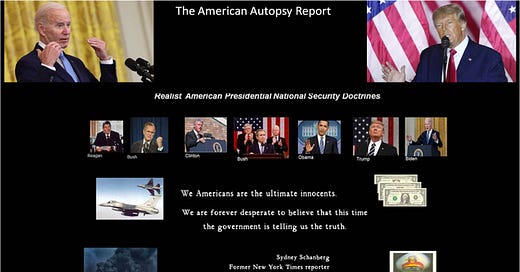



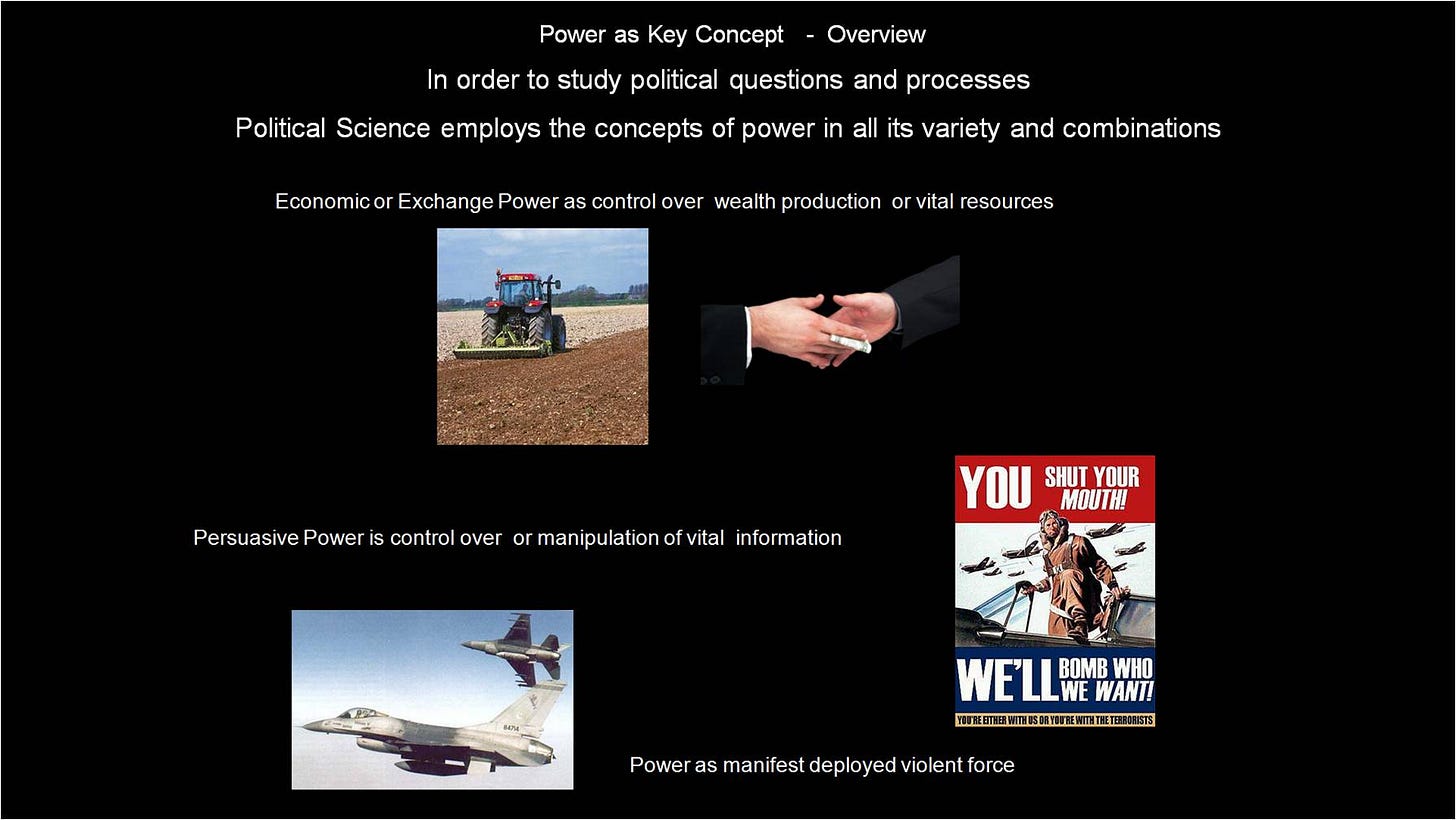




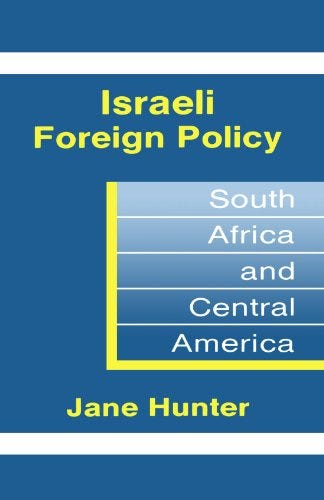



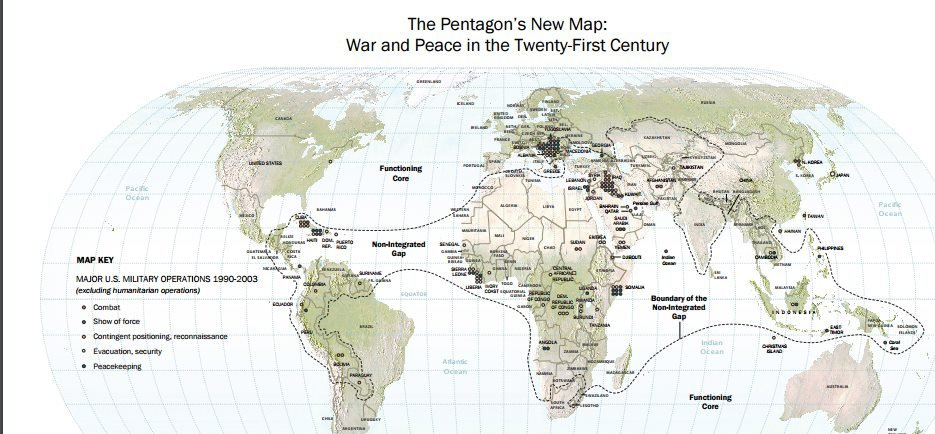
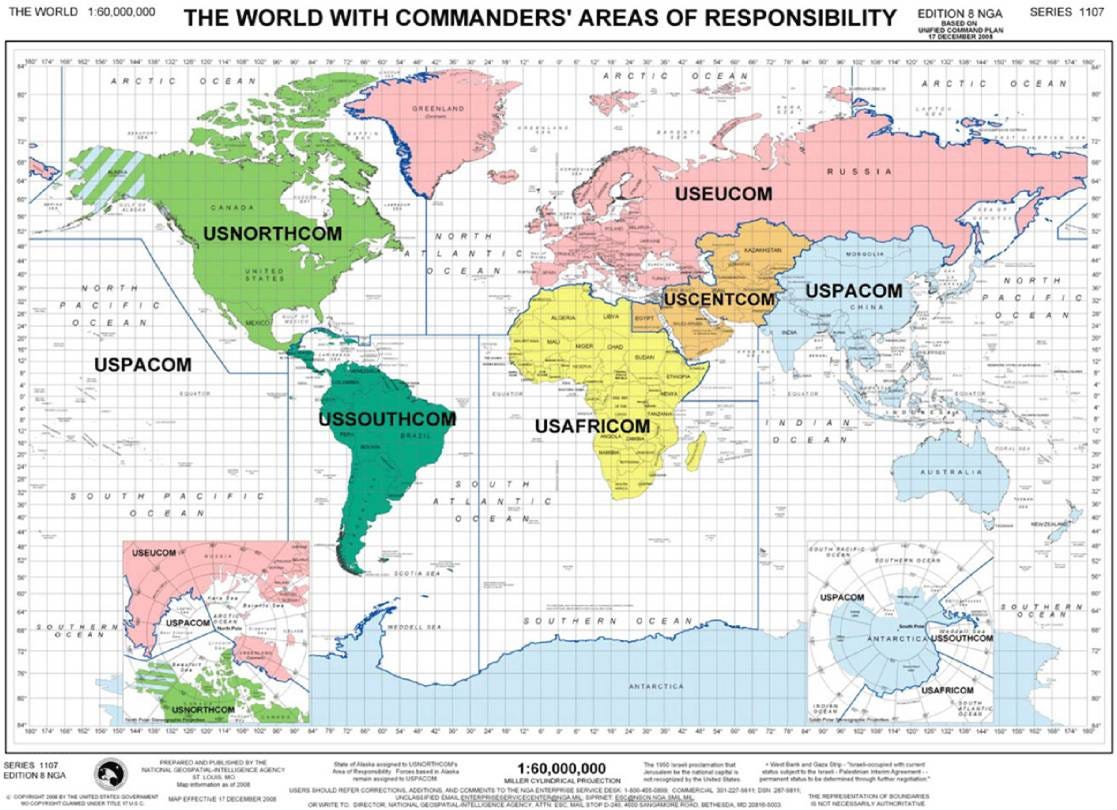
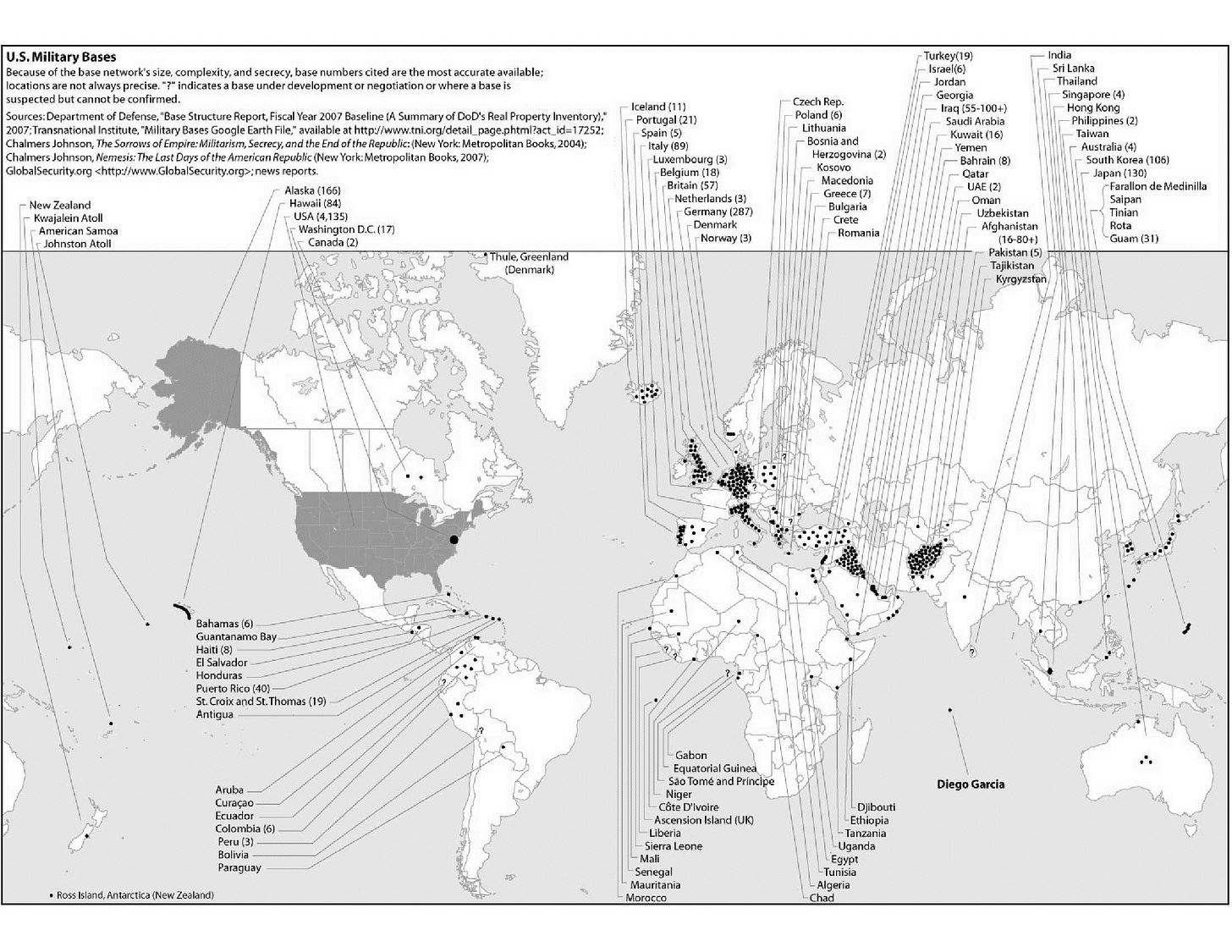
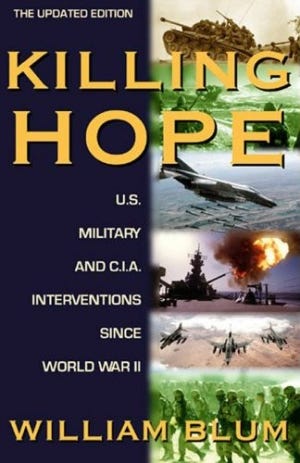












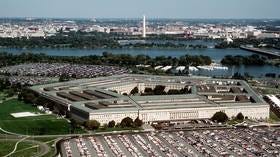

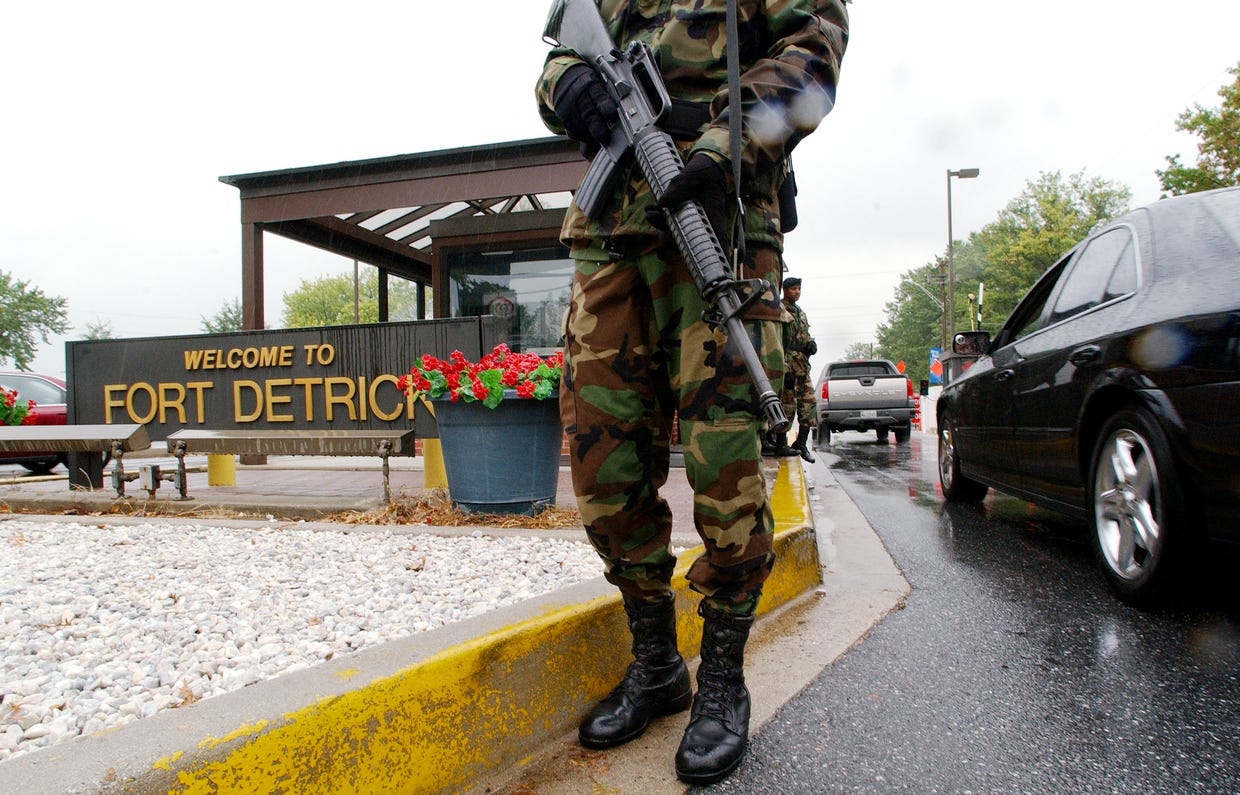

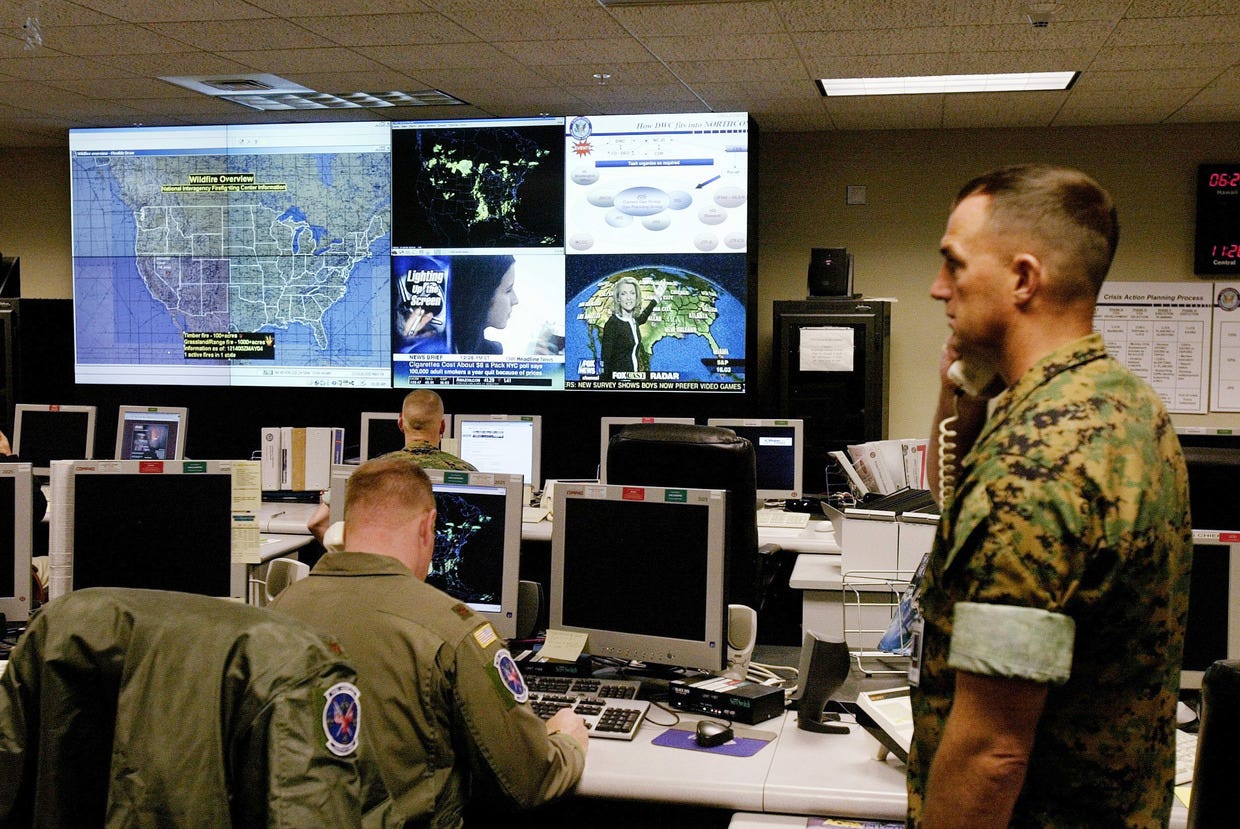


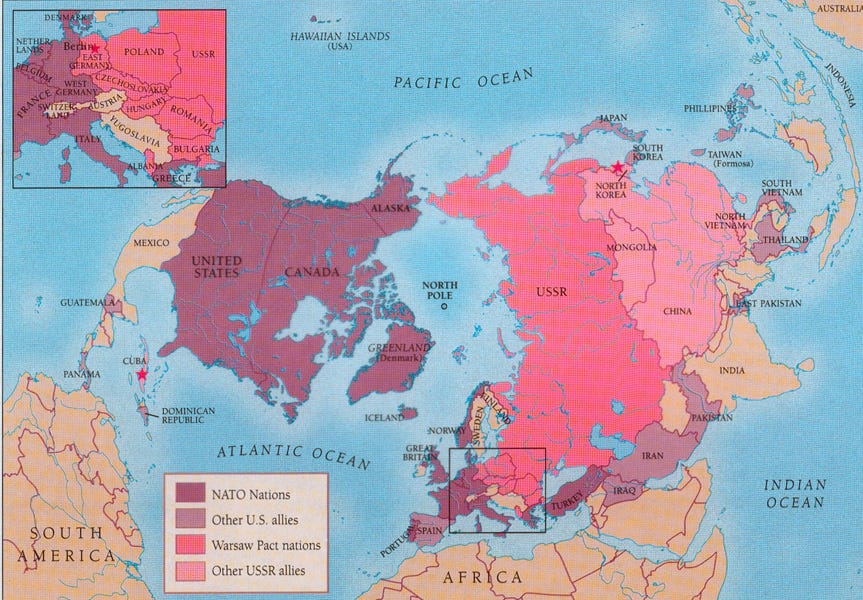

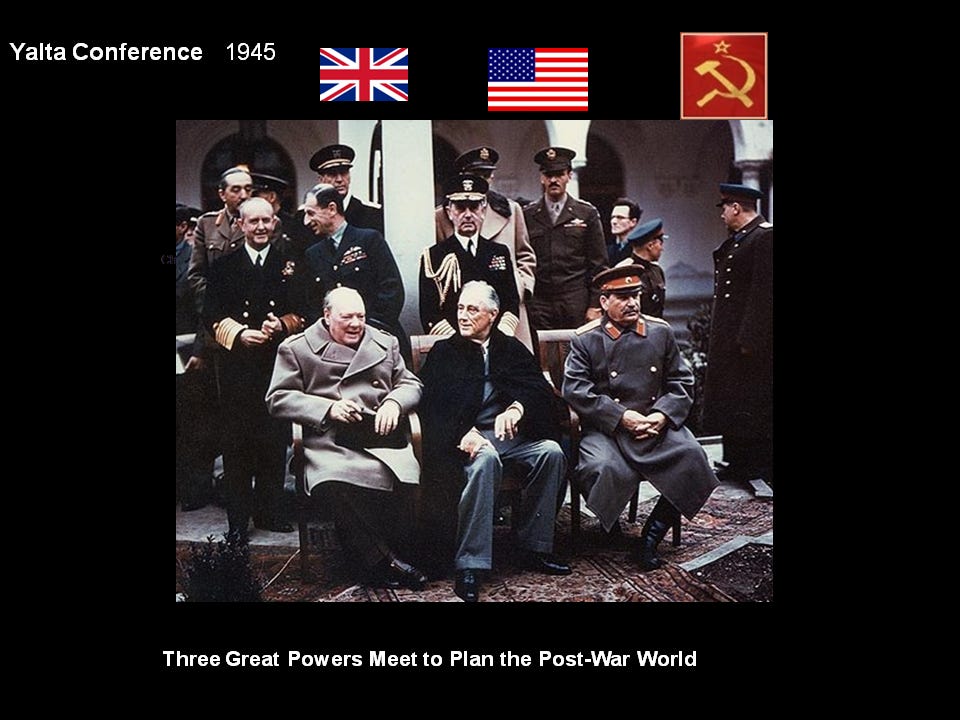
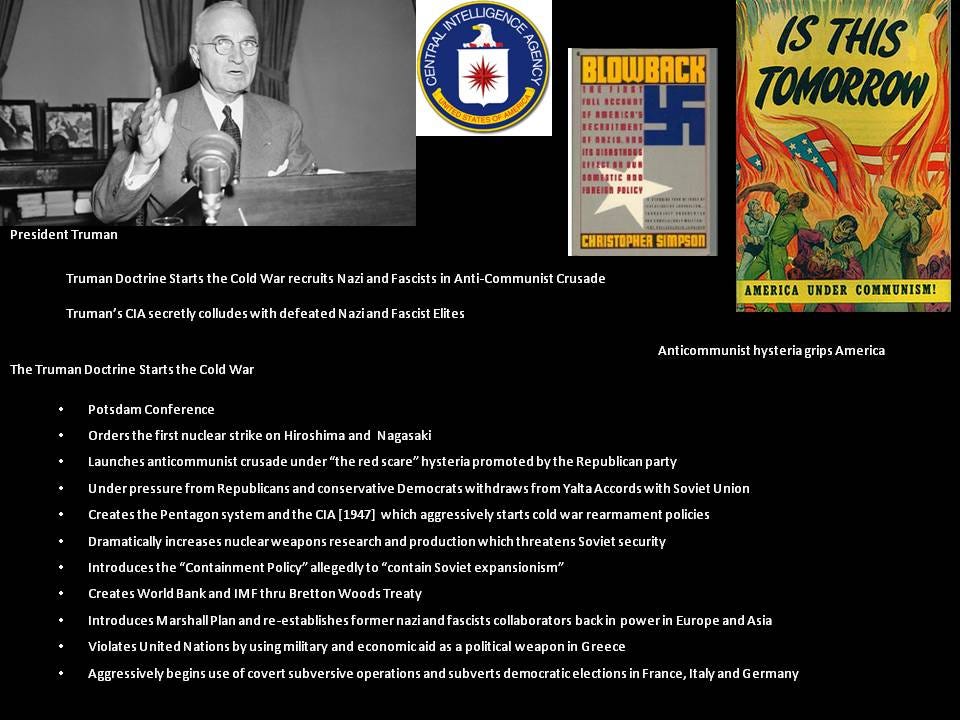
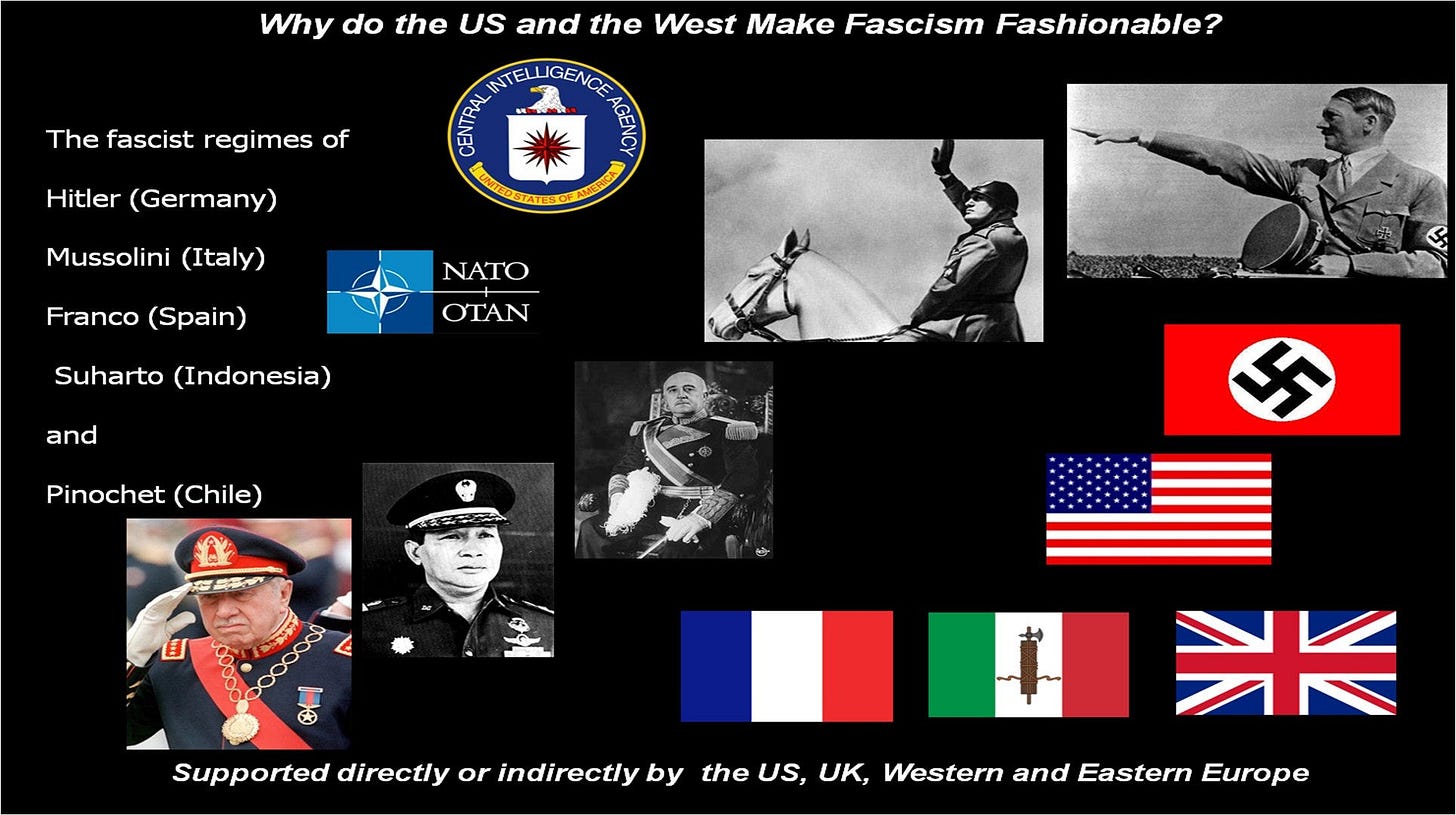
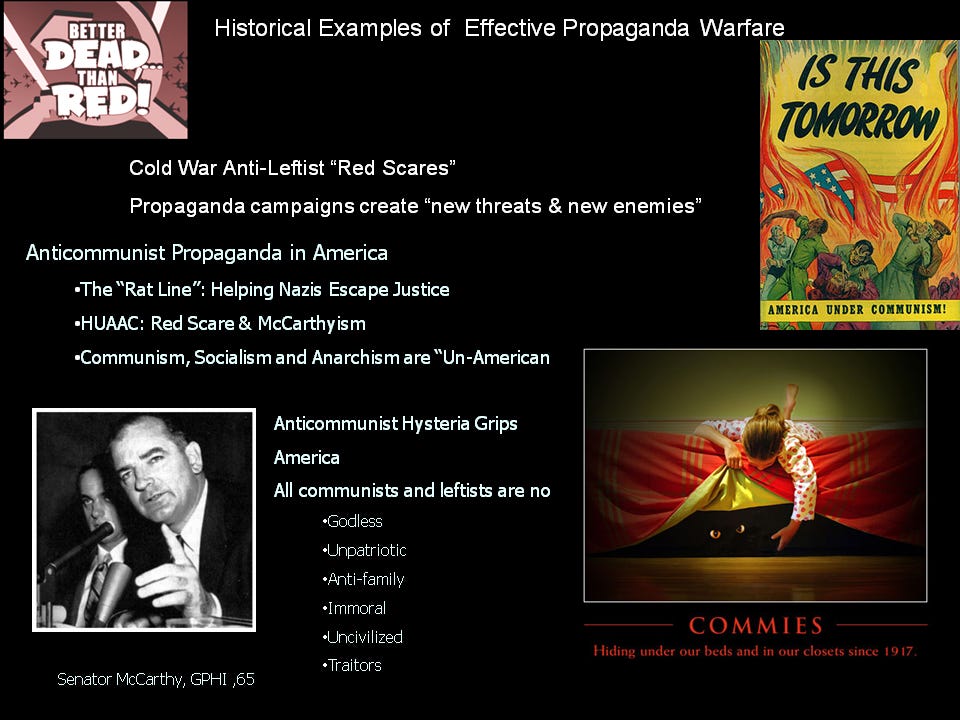
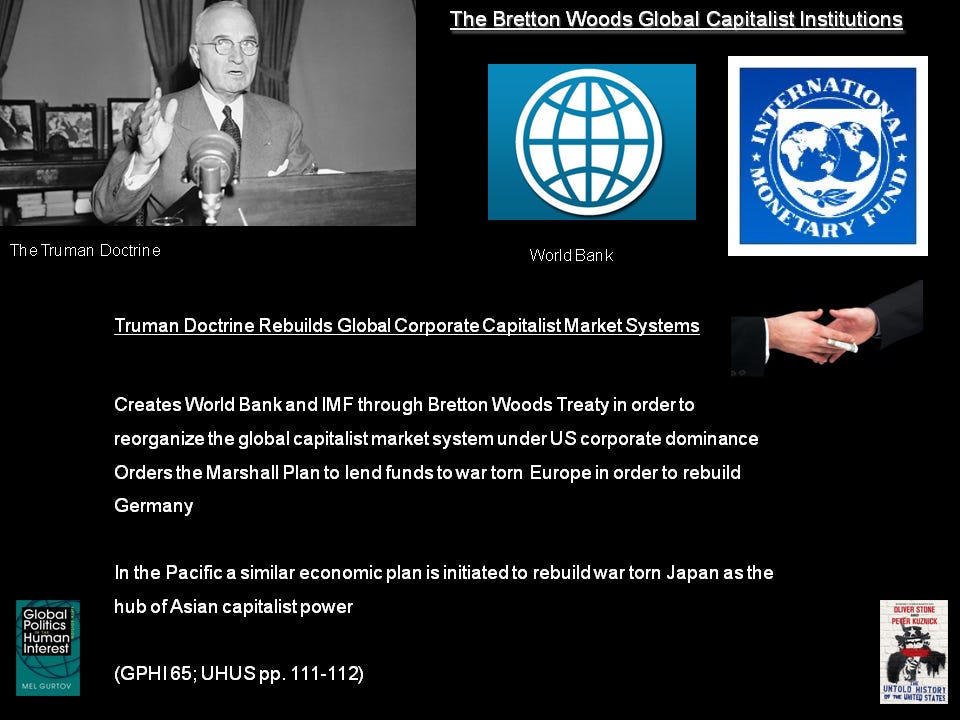
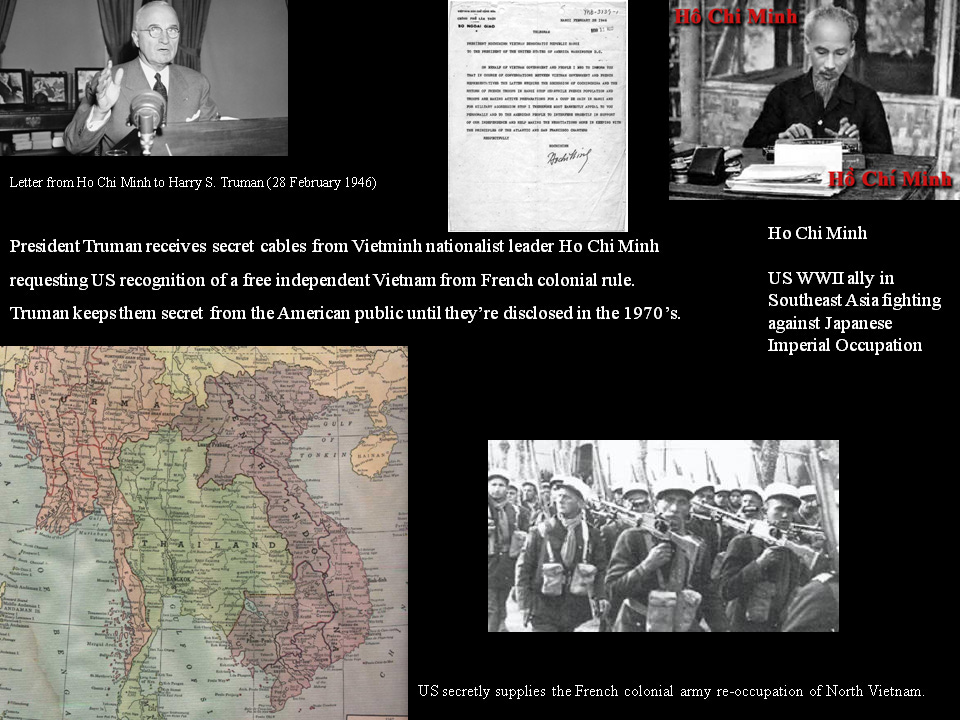
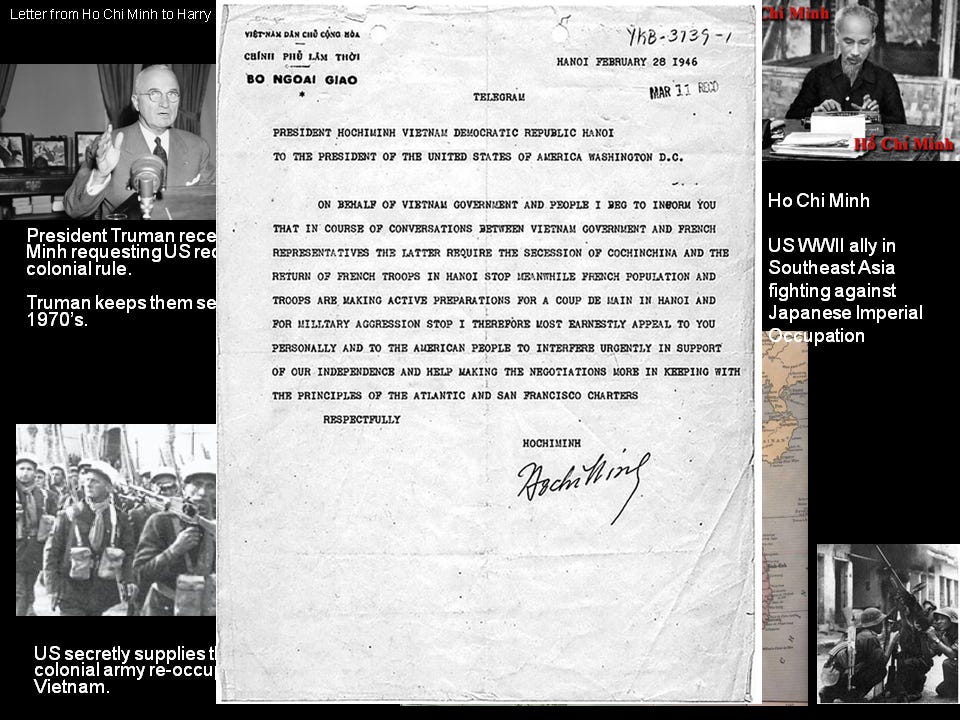
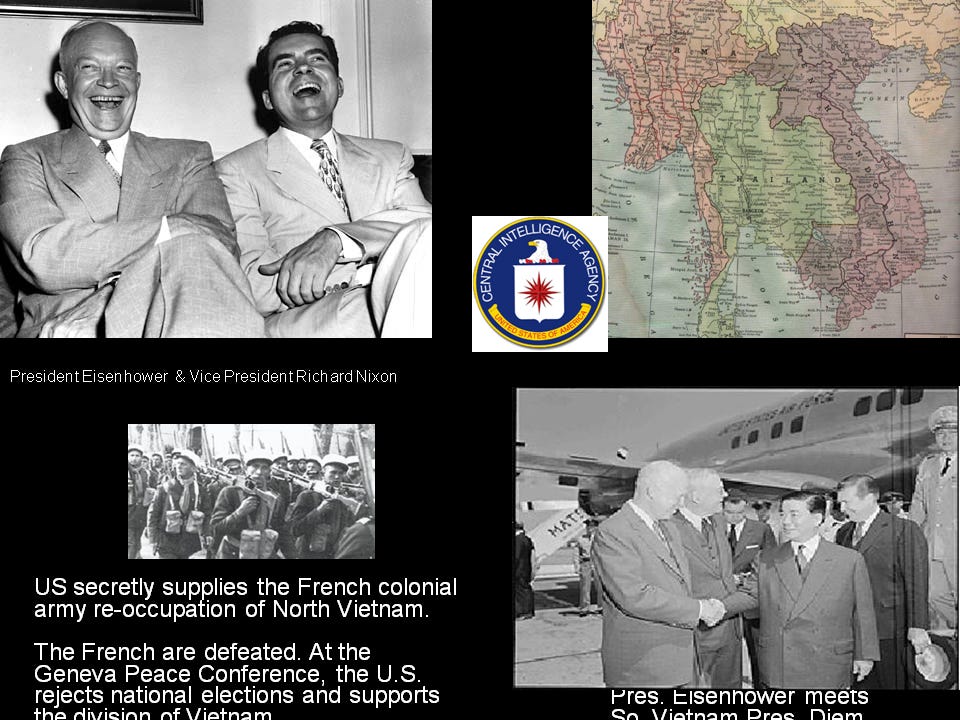
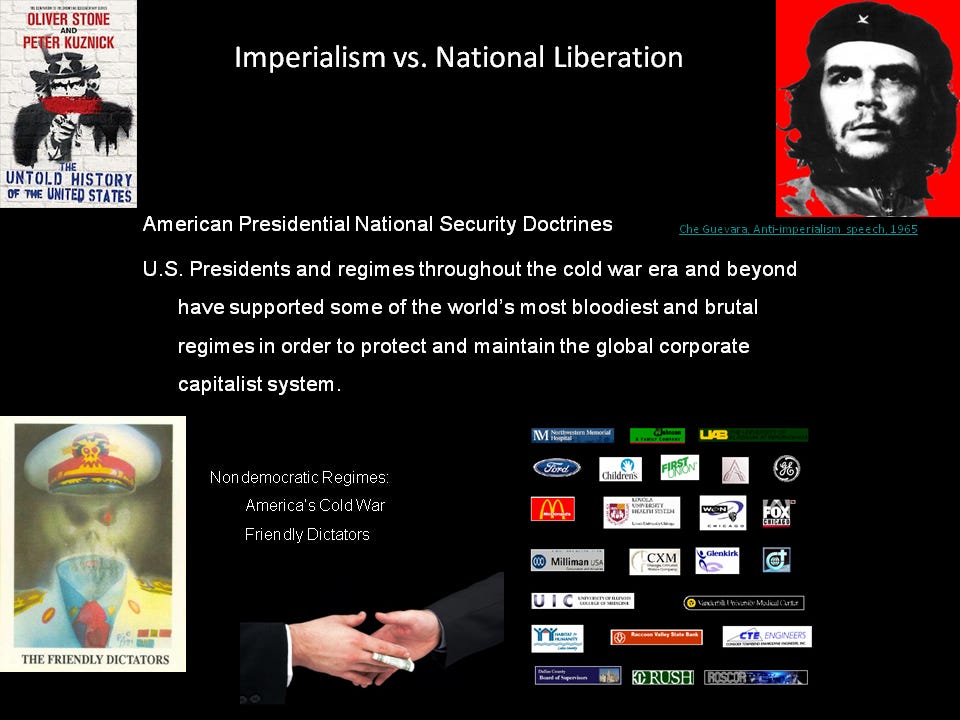
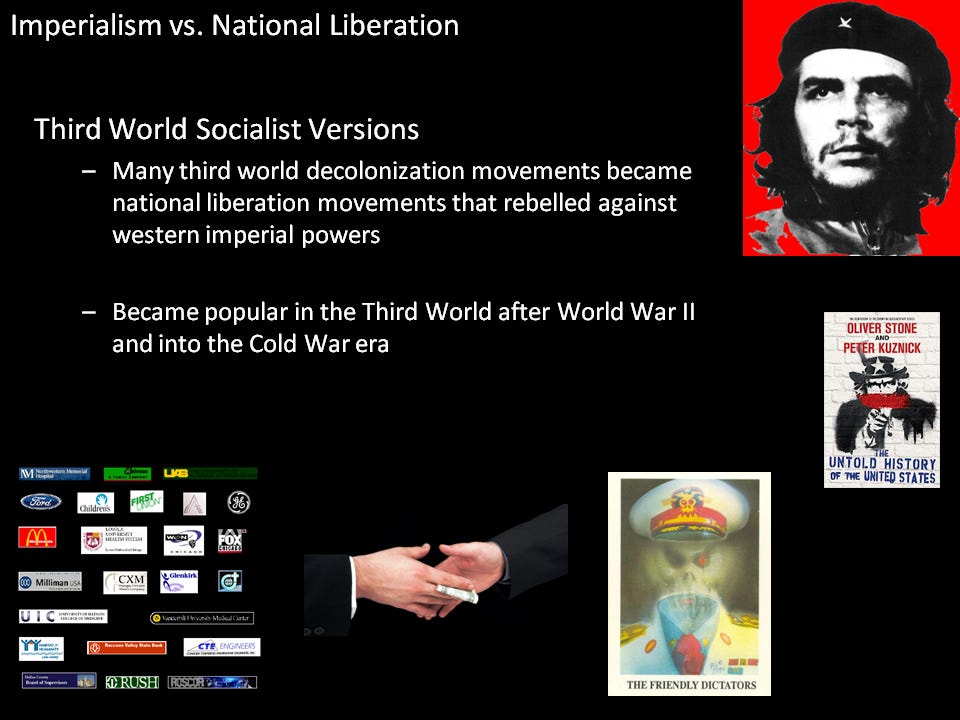
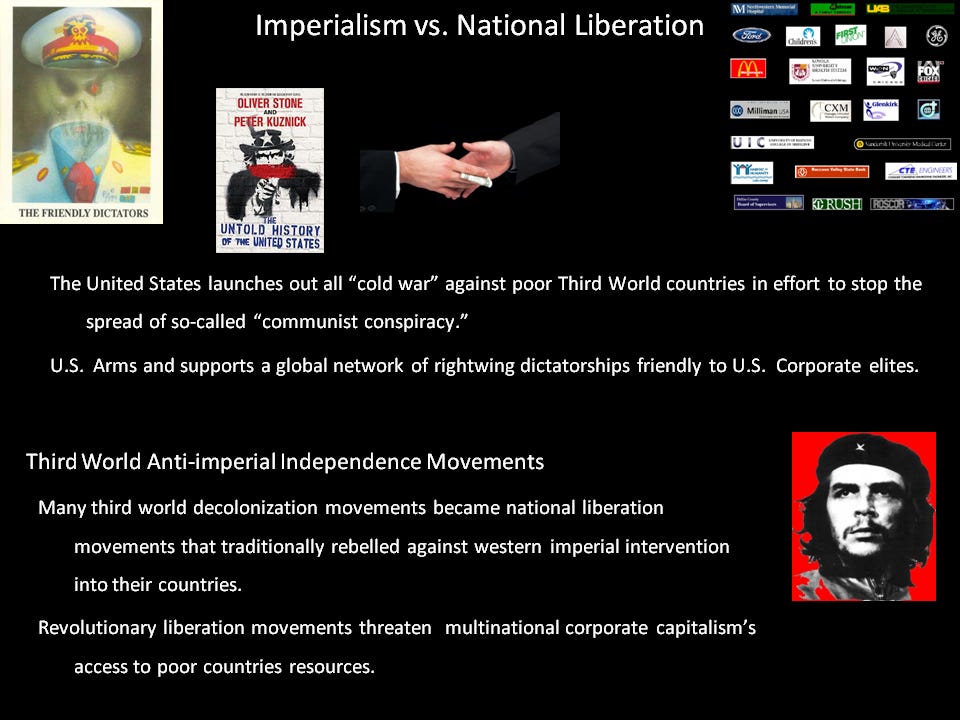
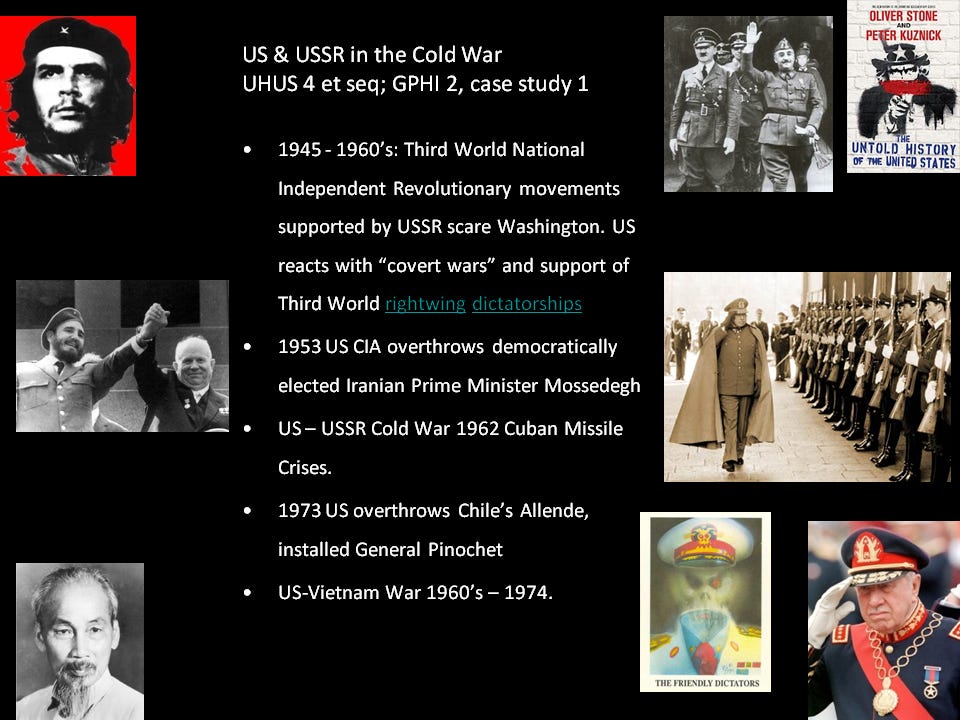

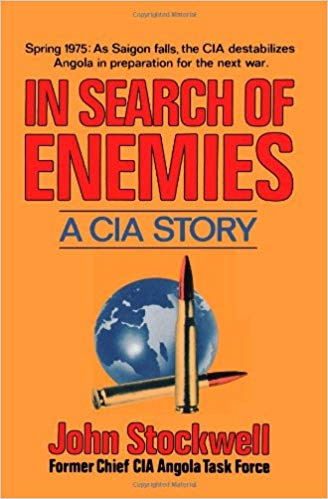
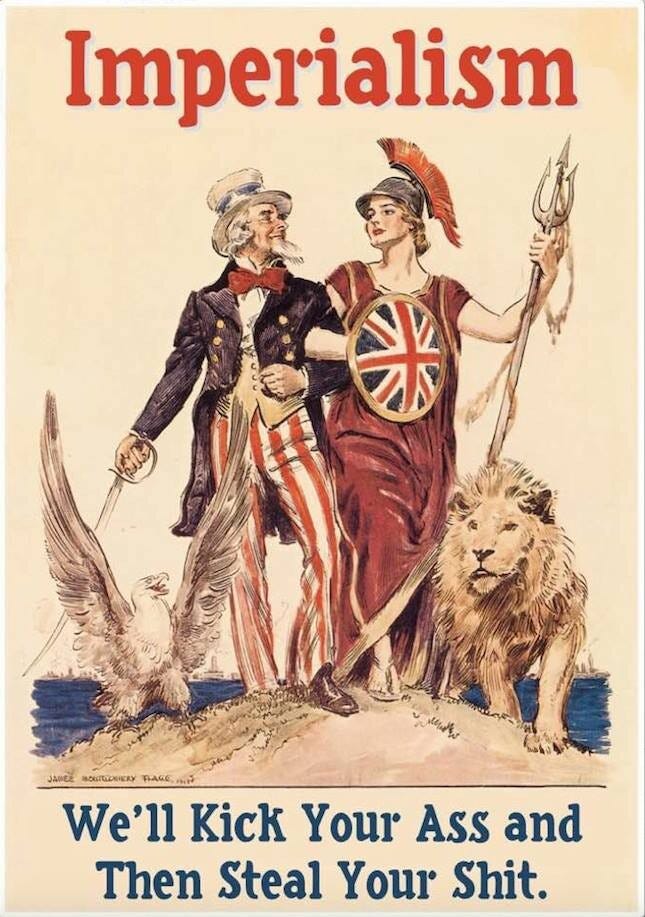


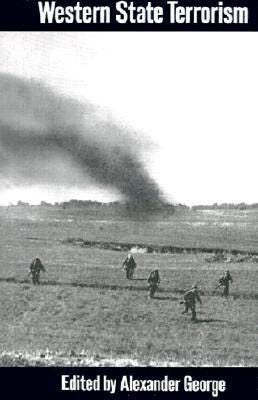
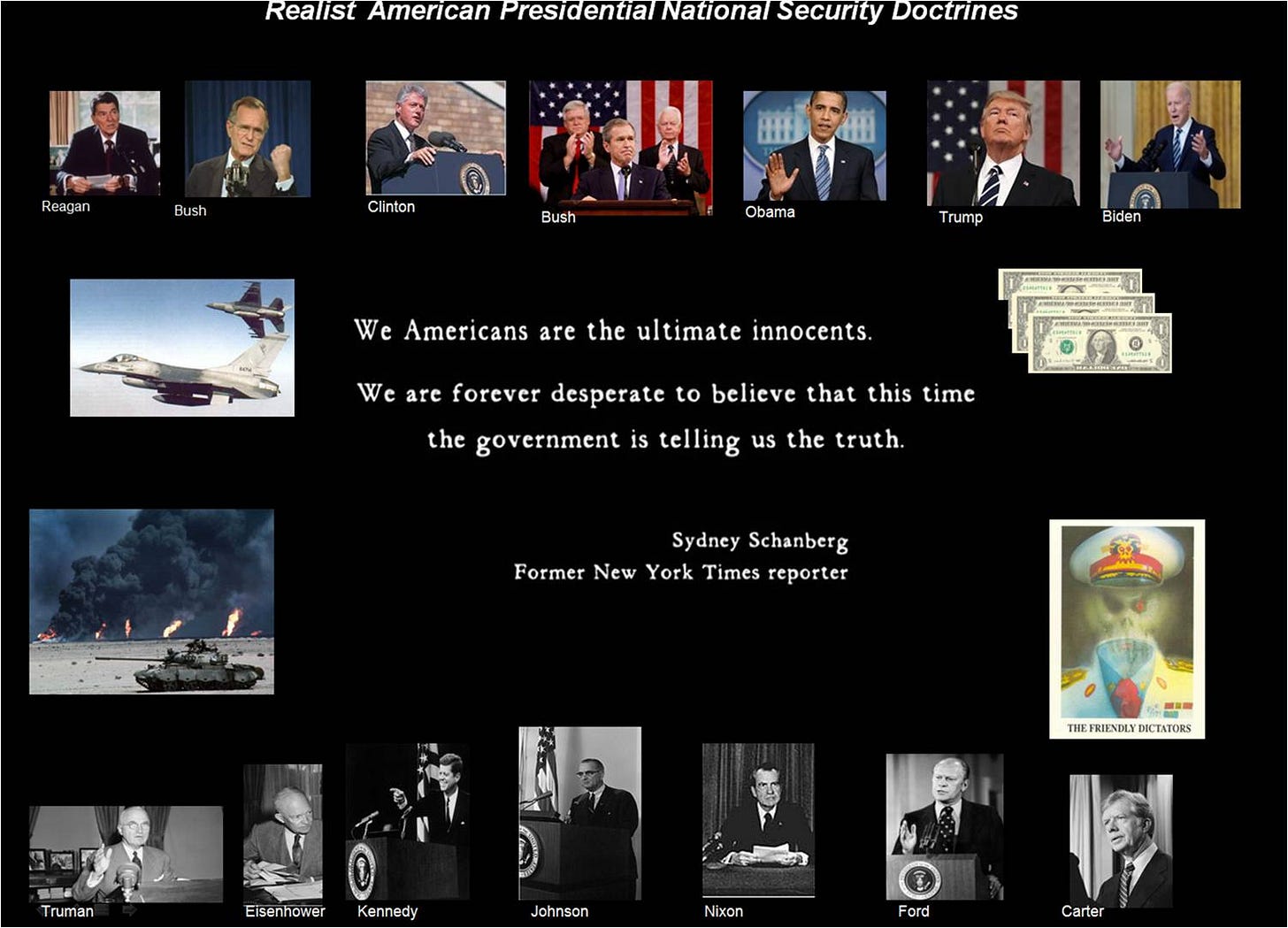

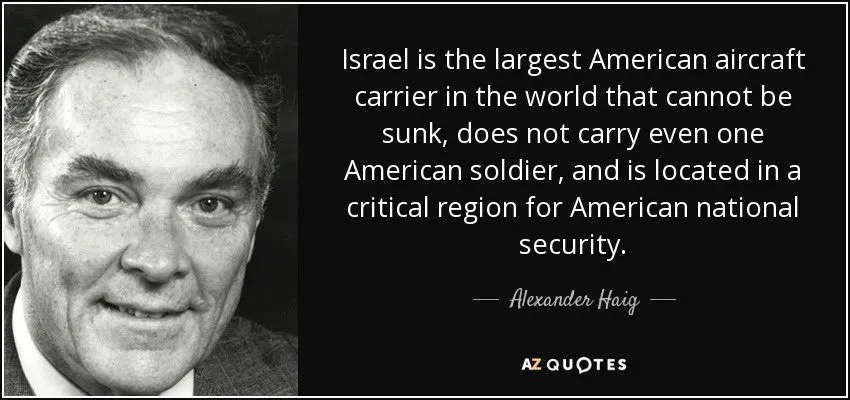

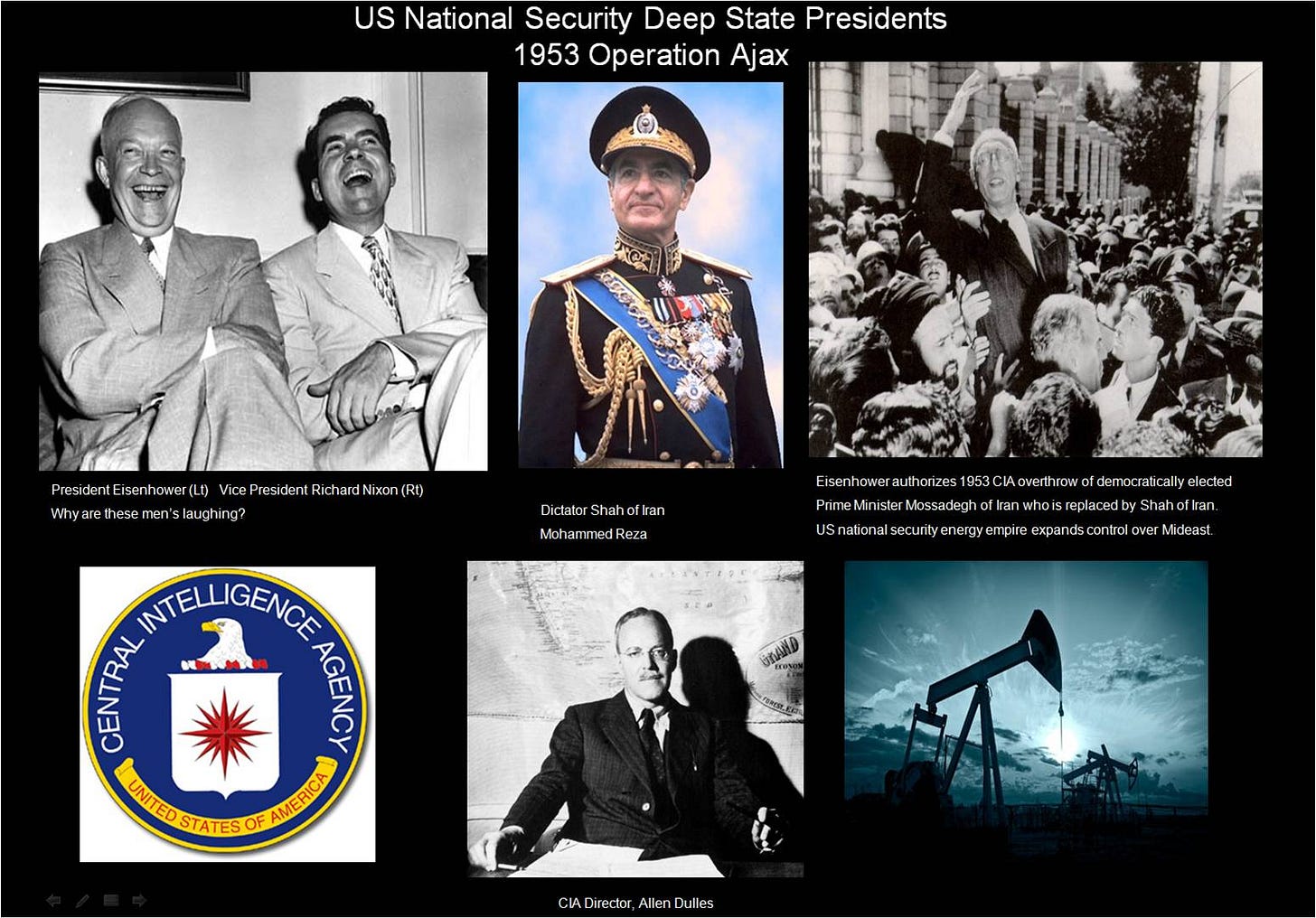

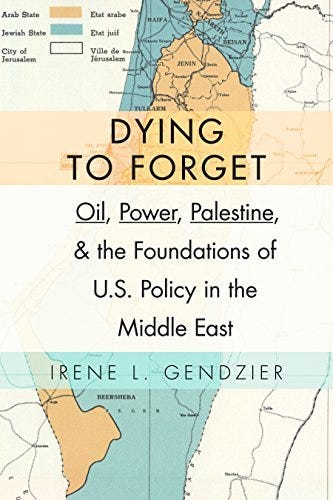
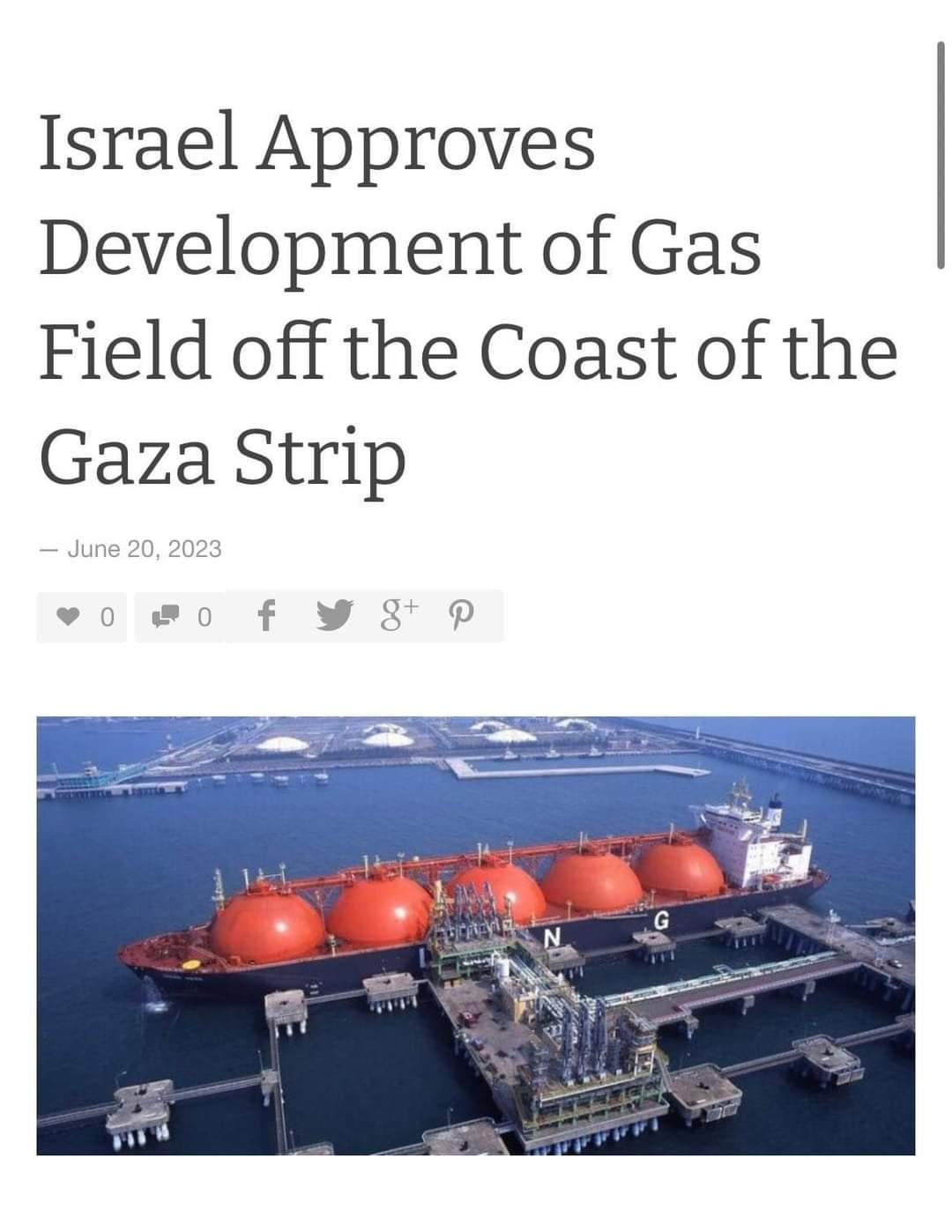
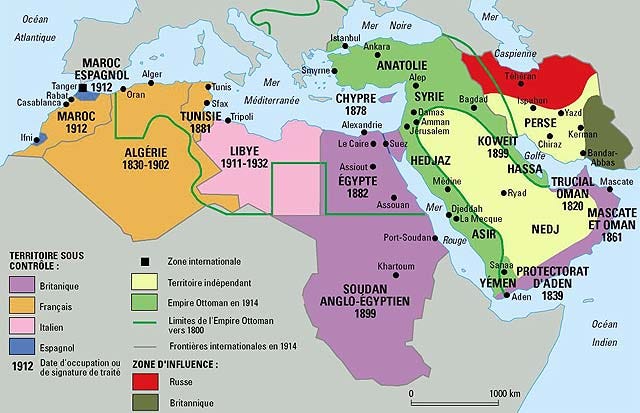
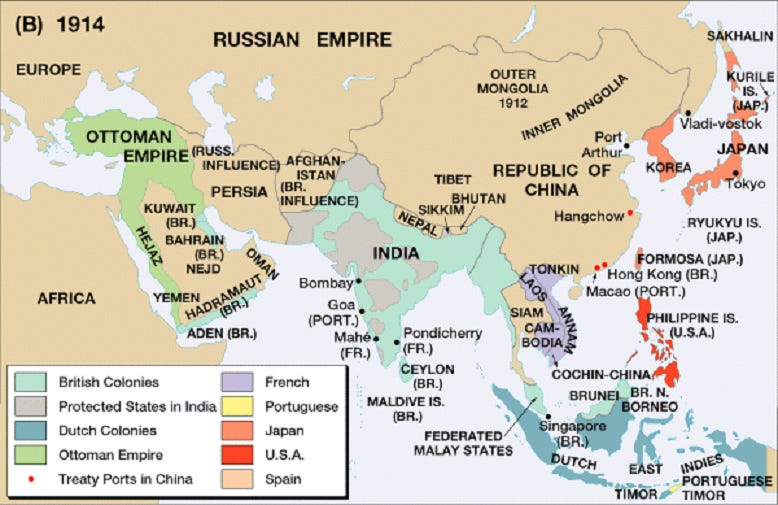
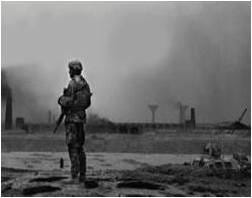


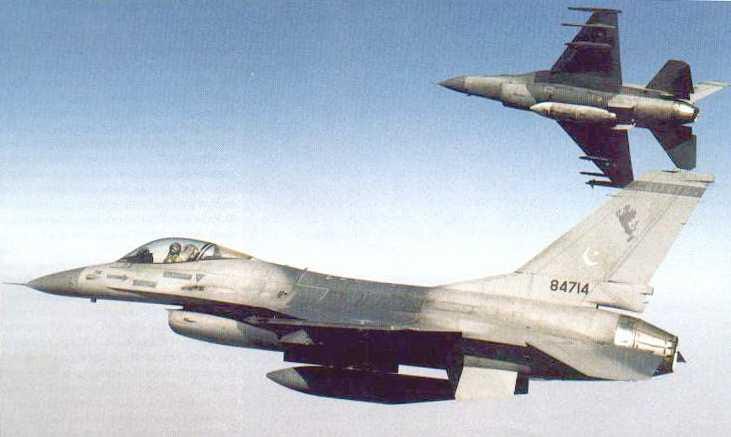
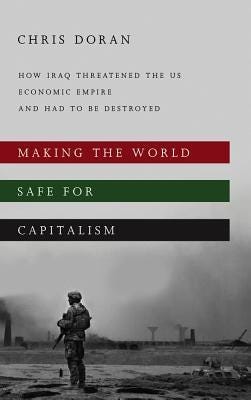
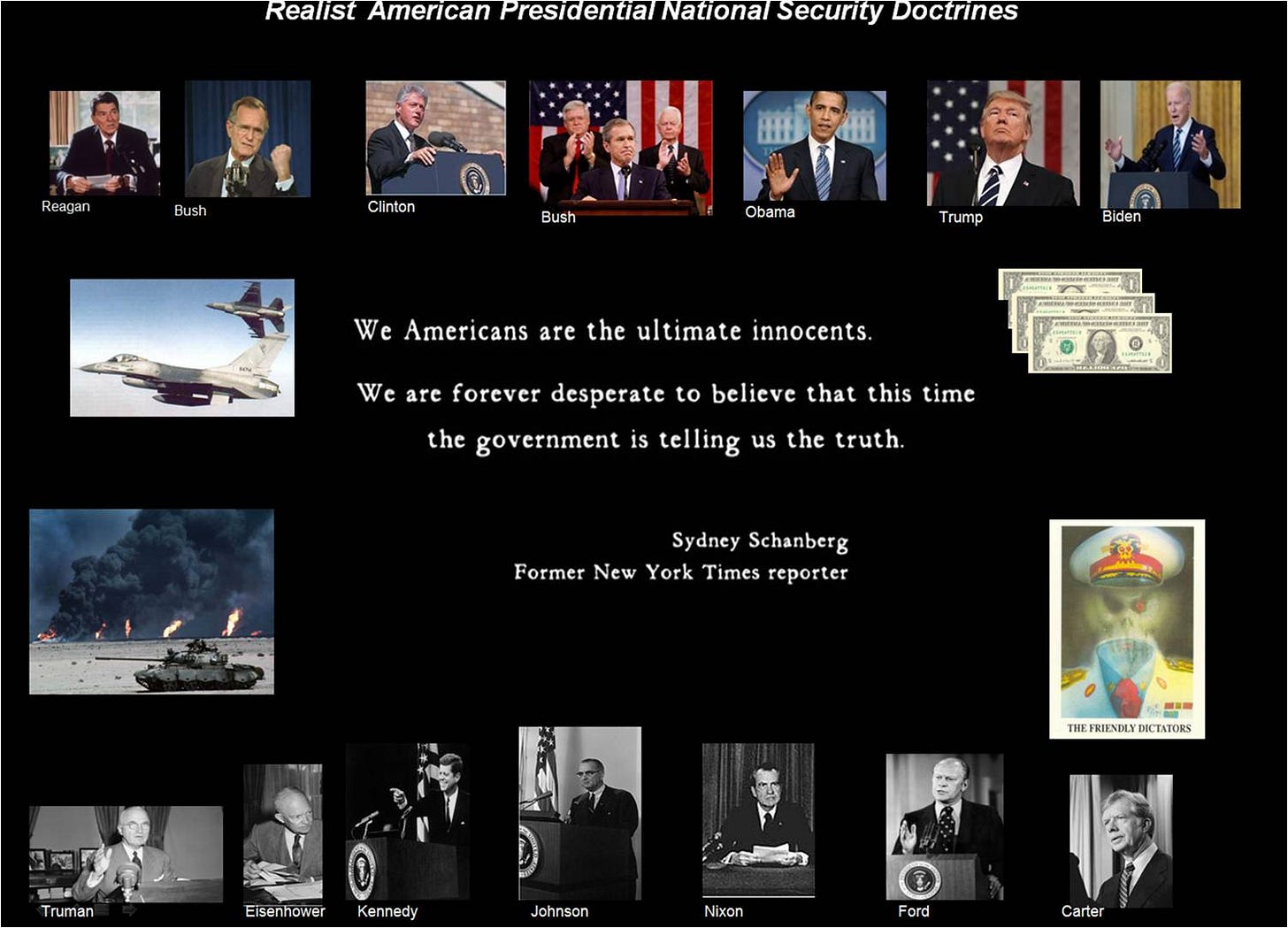
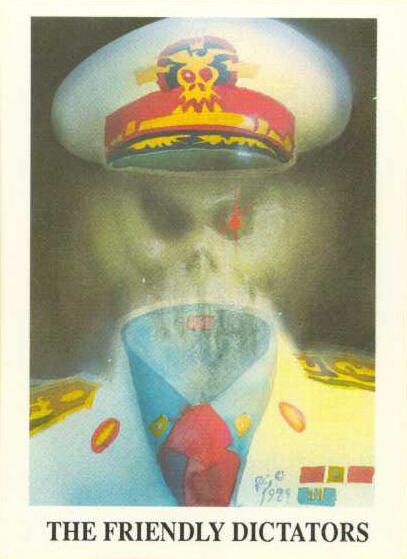
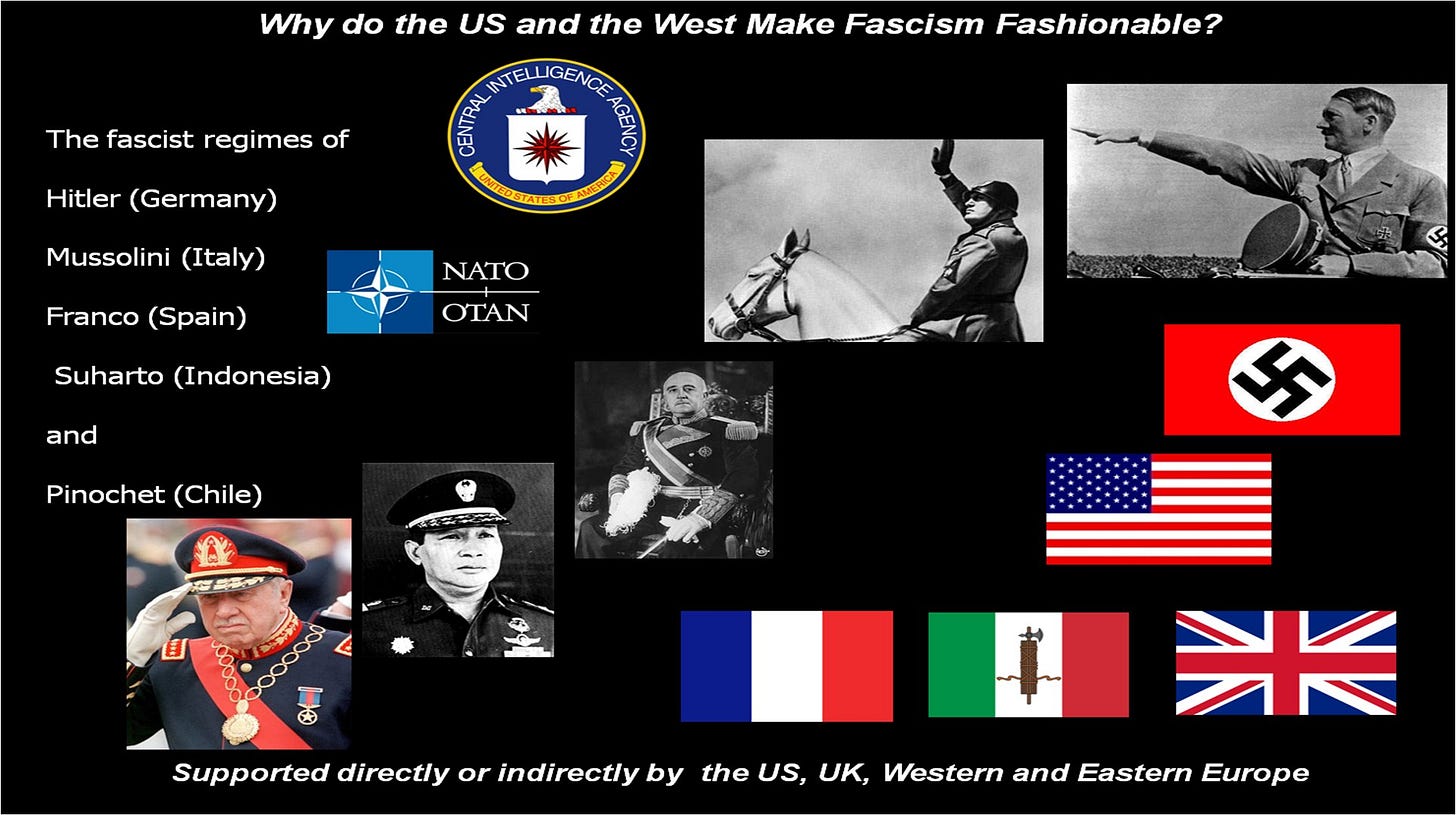
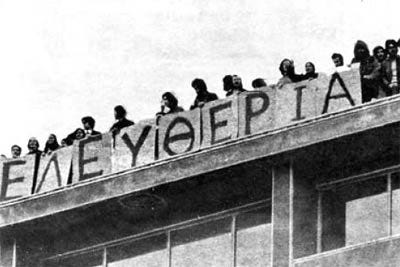
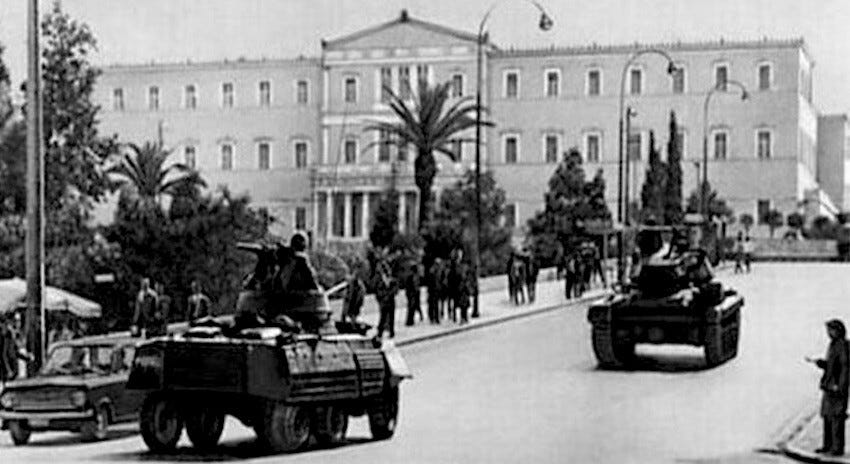
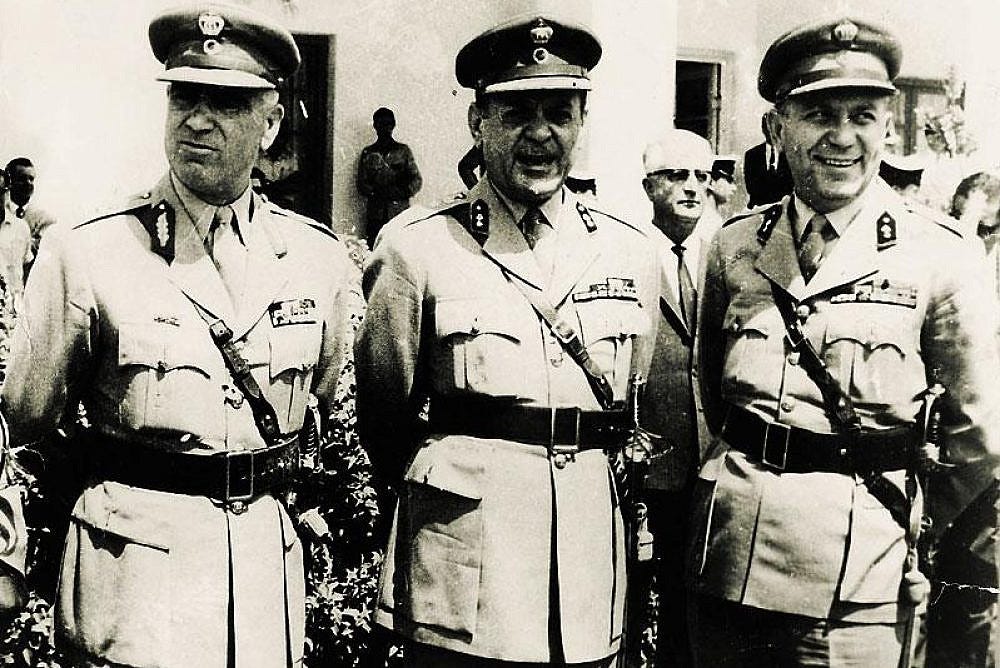
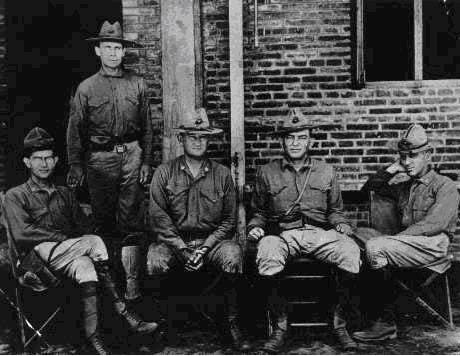
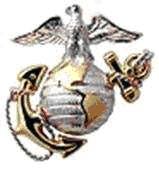
Excellent work. Thanks.
That which we are aware of occurring. A deeply dark and disturbing history of waging regime change, assassinations and pushing for wars without clarity and responsibility resulting in losing all wars since Vietnam.
As for stopping Communism from spreading Wilson, Truman on many occasions were contacted by uncle Ho wanting support in building a democratic Vietnam. Well, it did not suit the US plans and spreading the fear of communism. And trillions in treasury and millions in lives were lost.